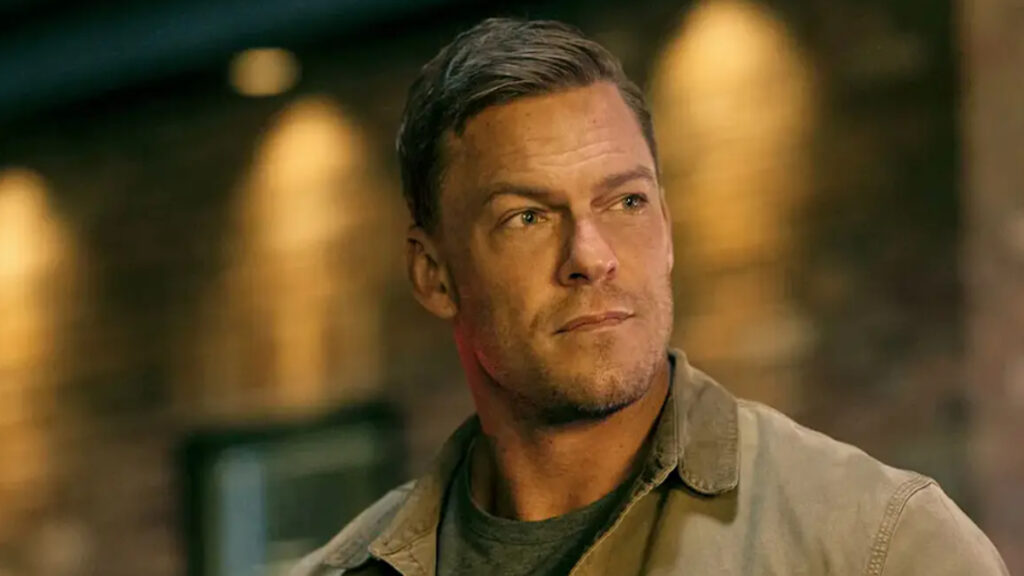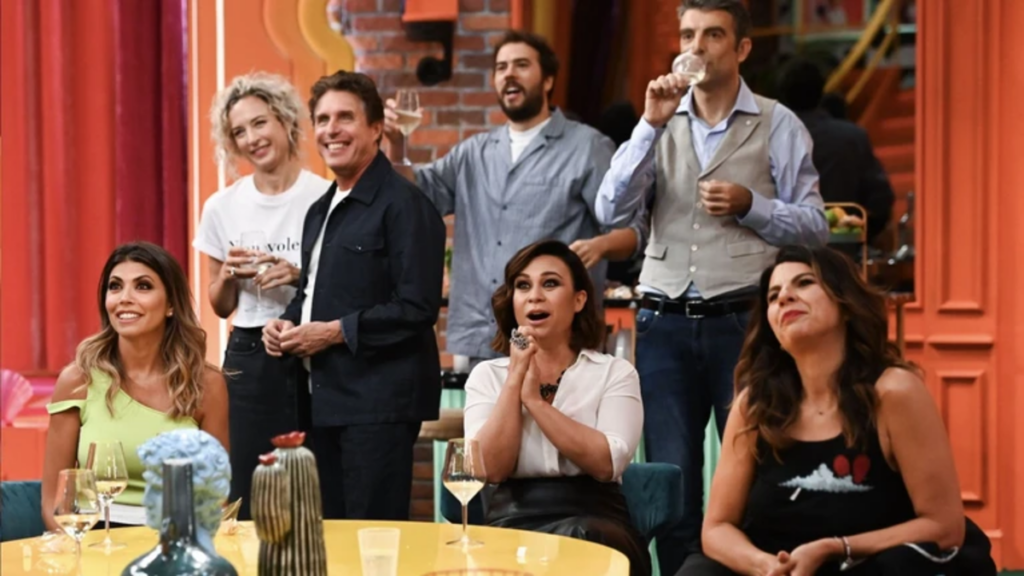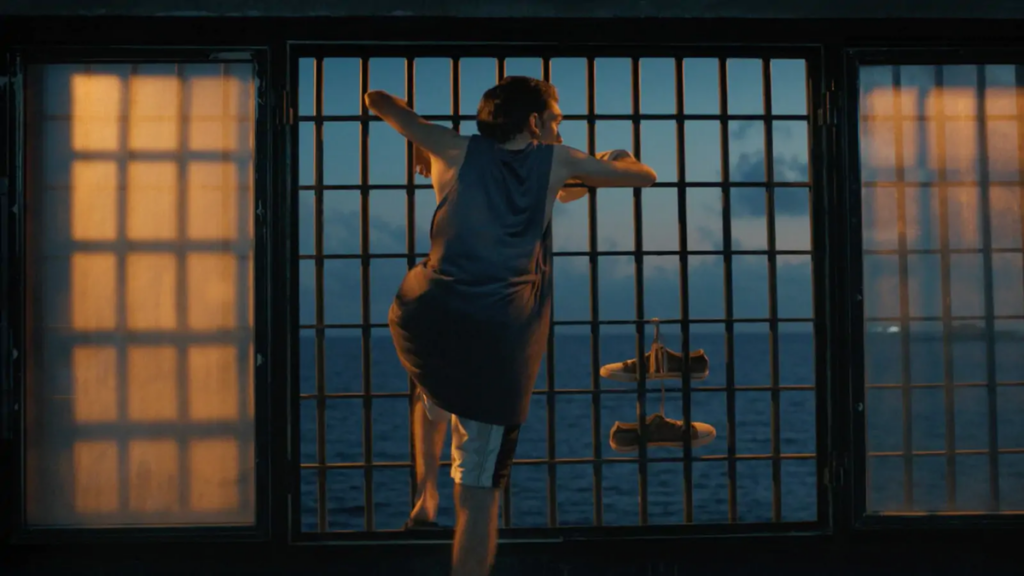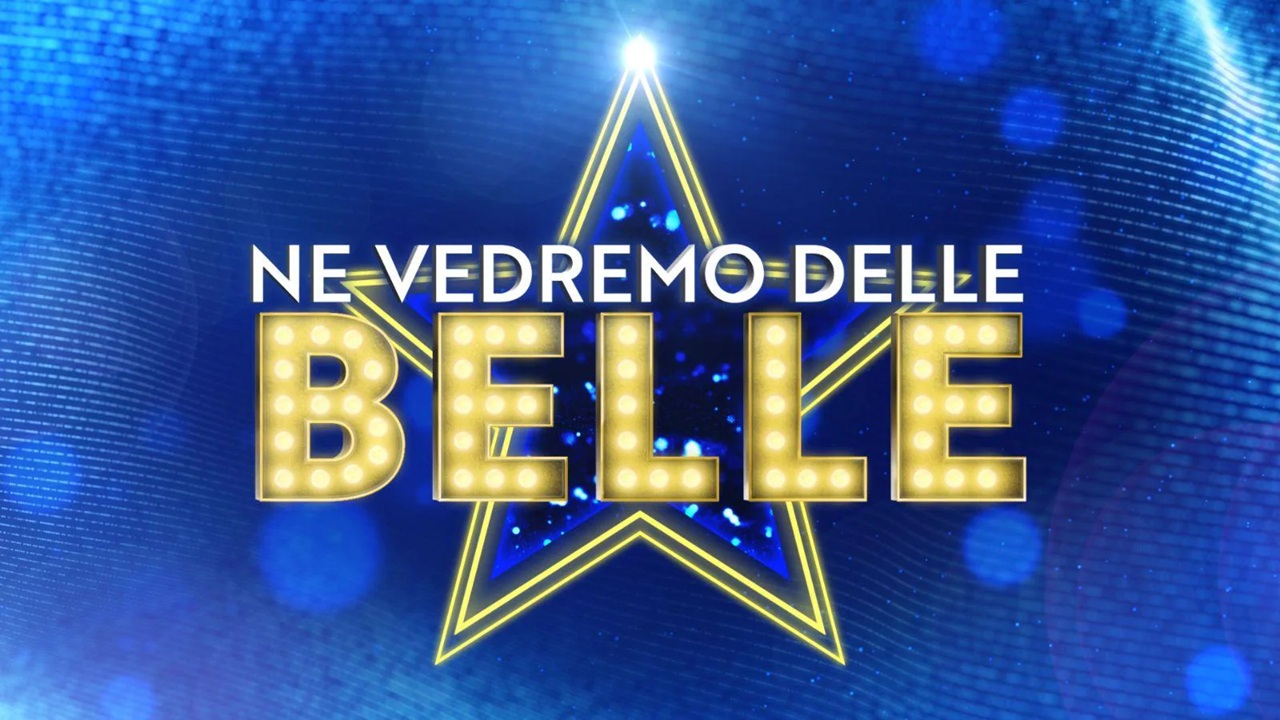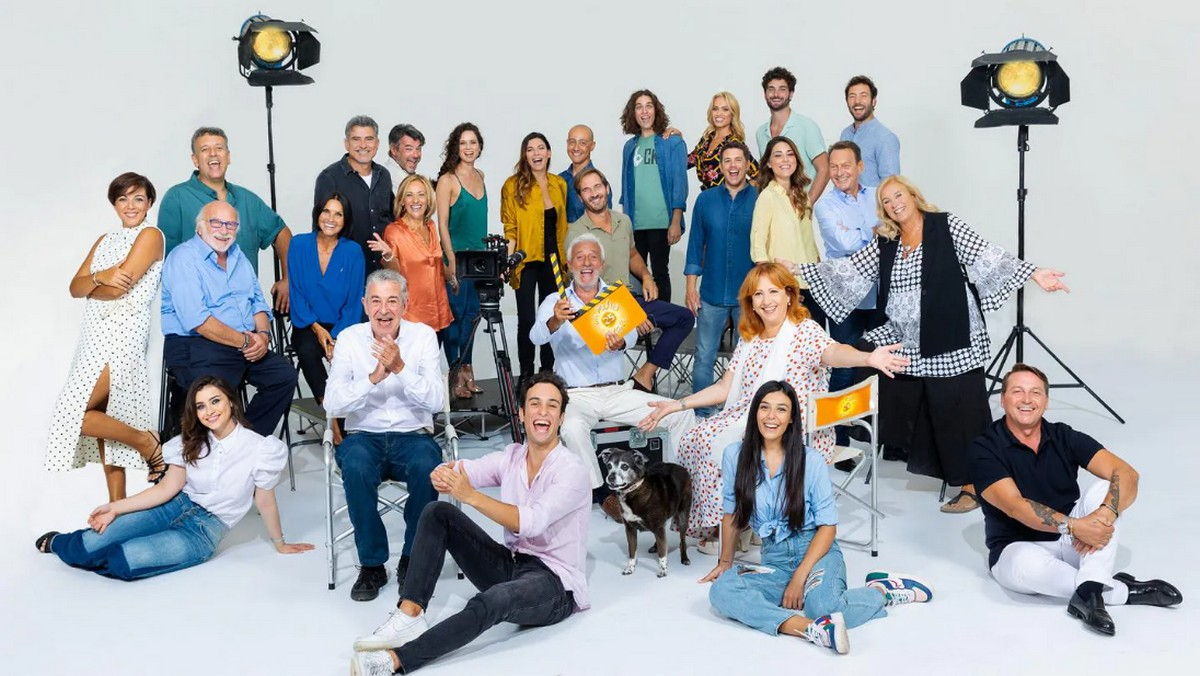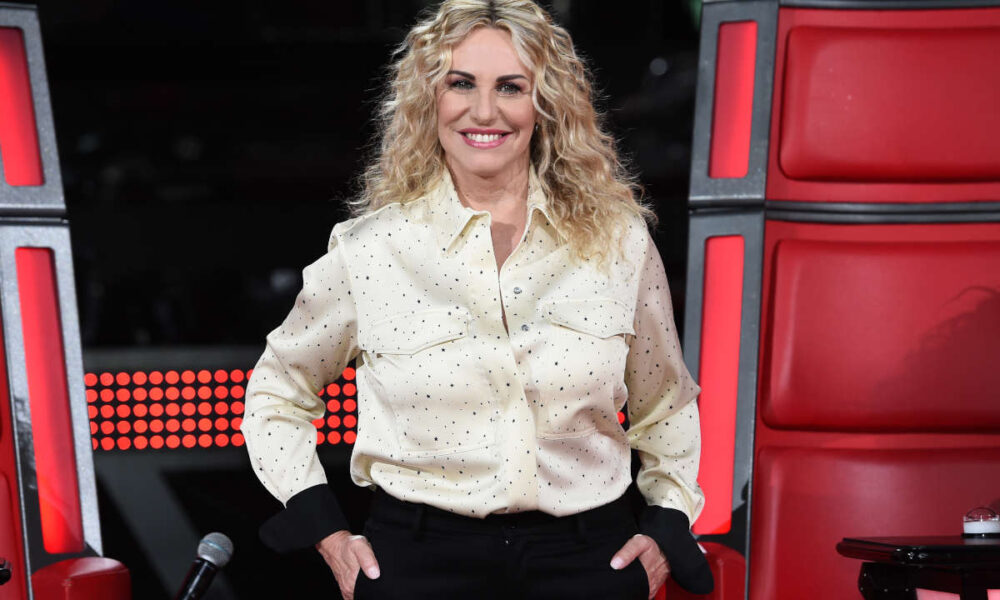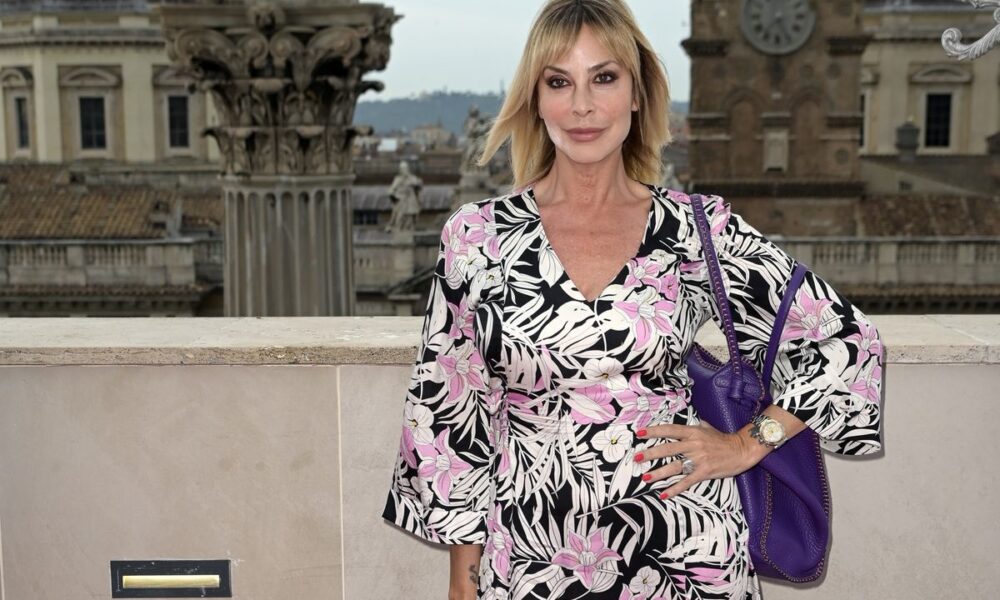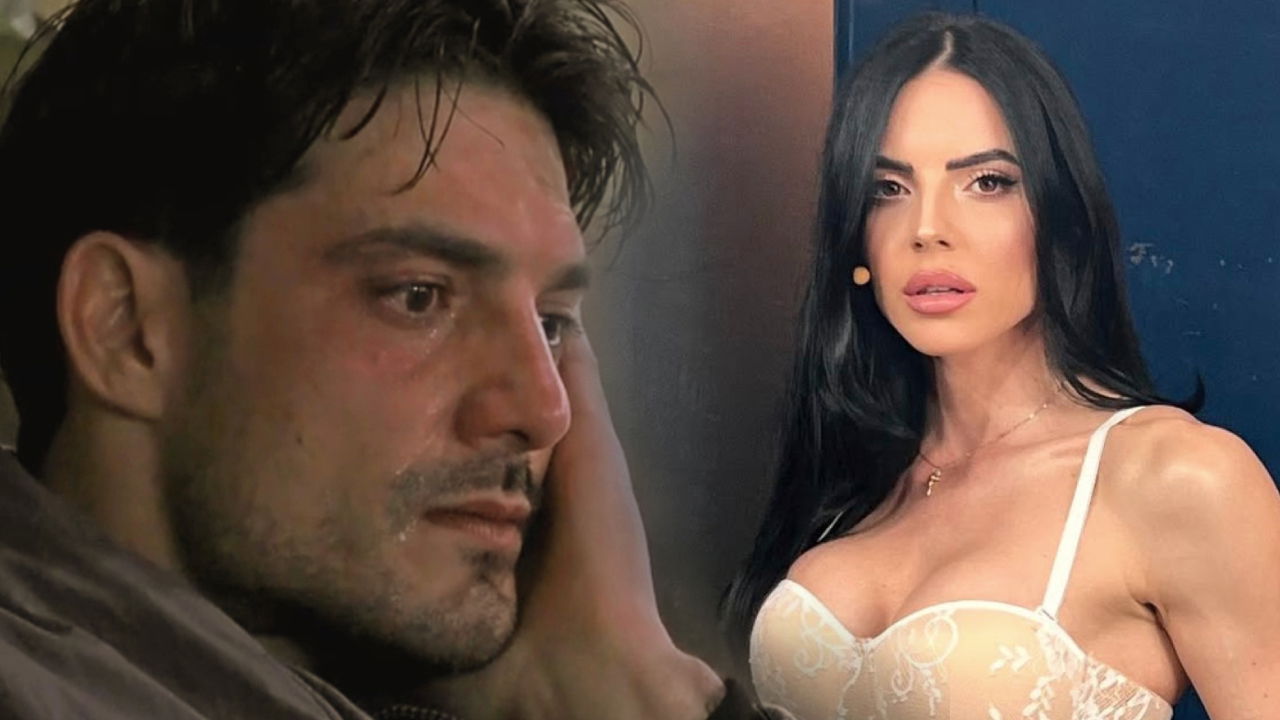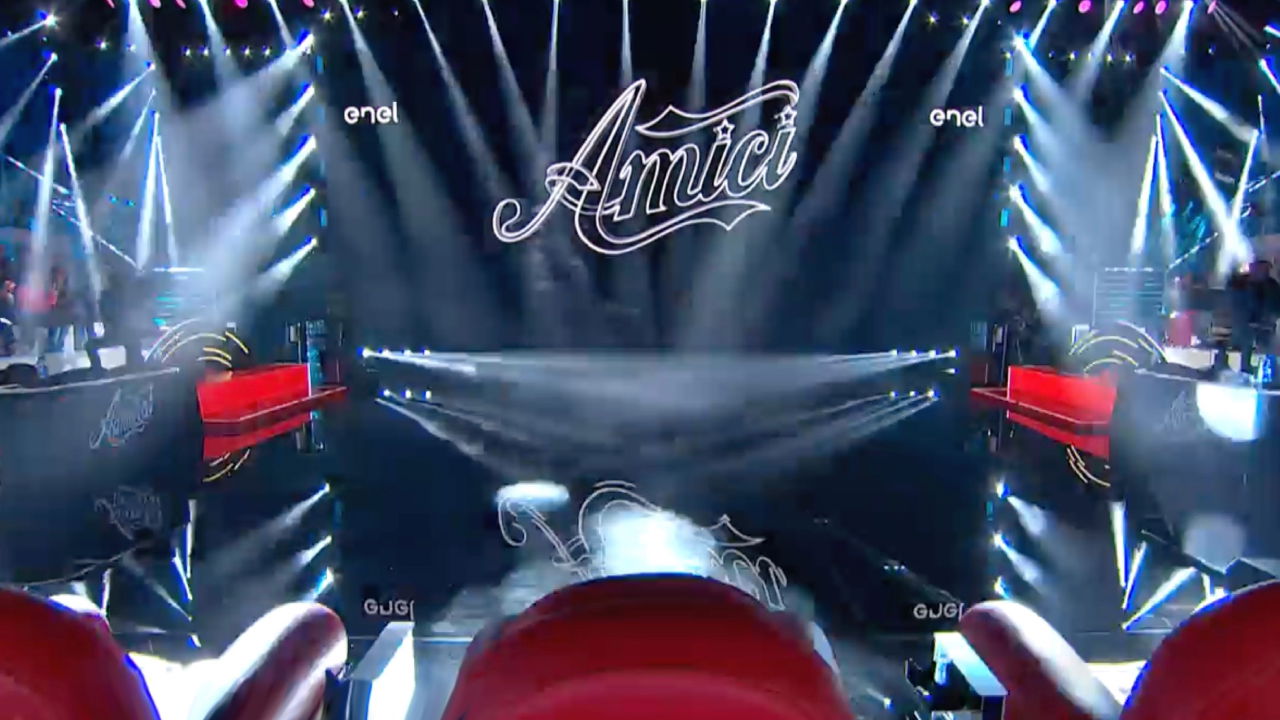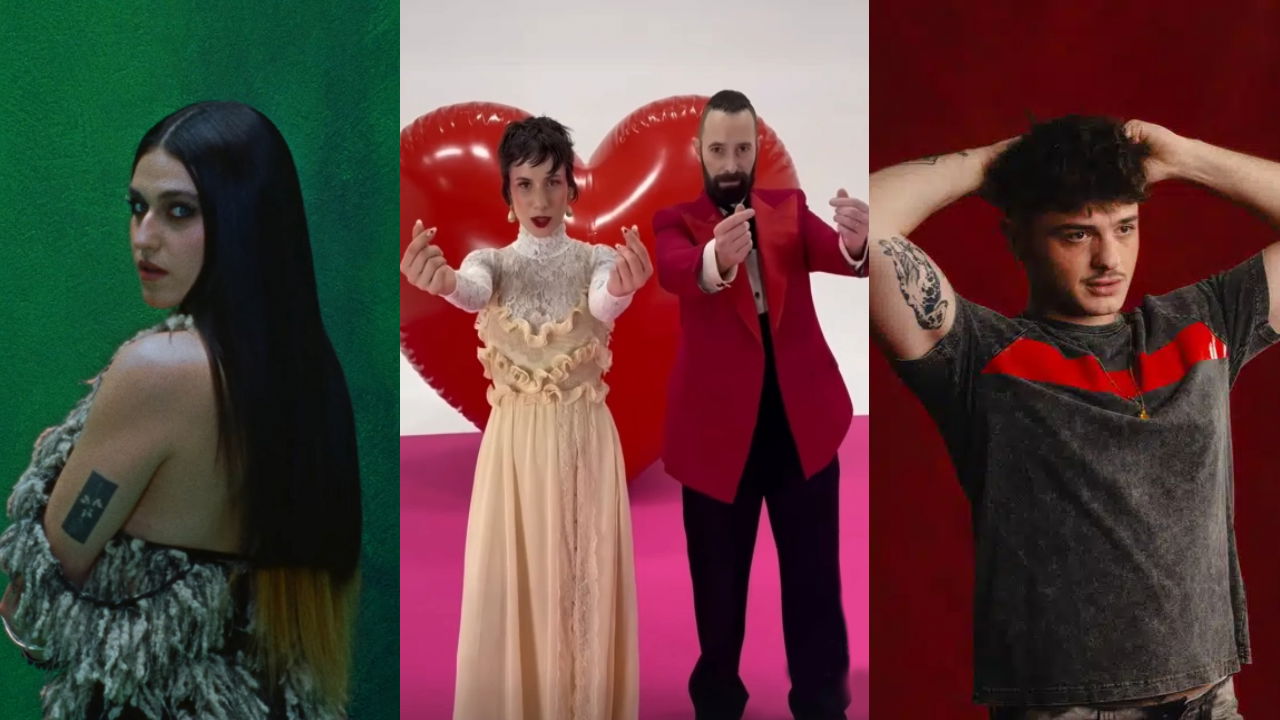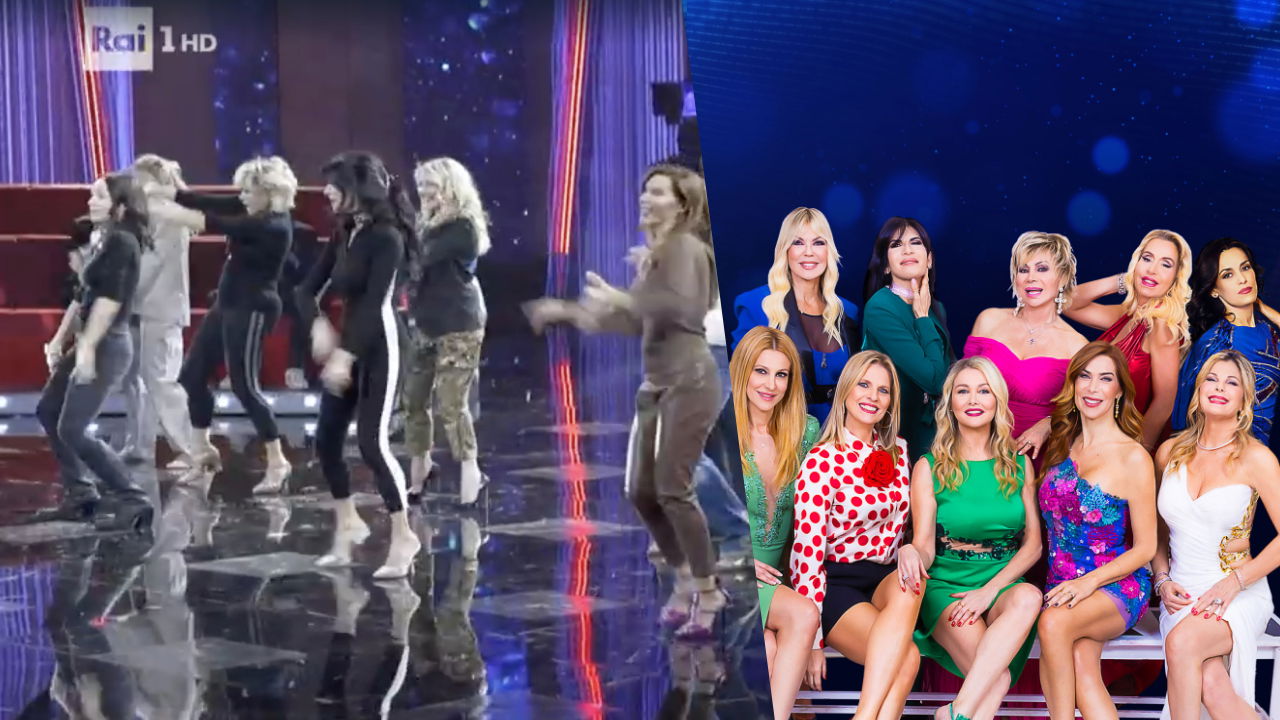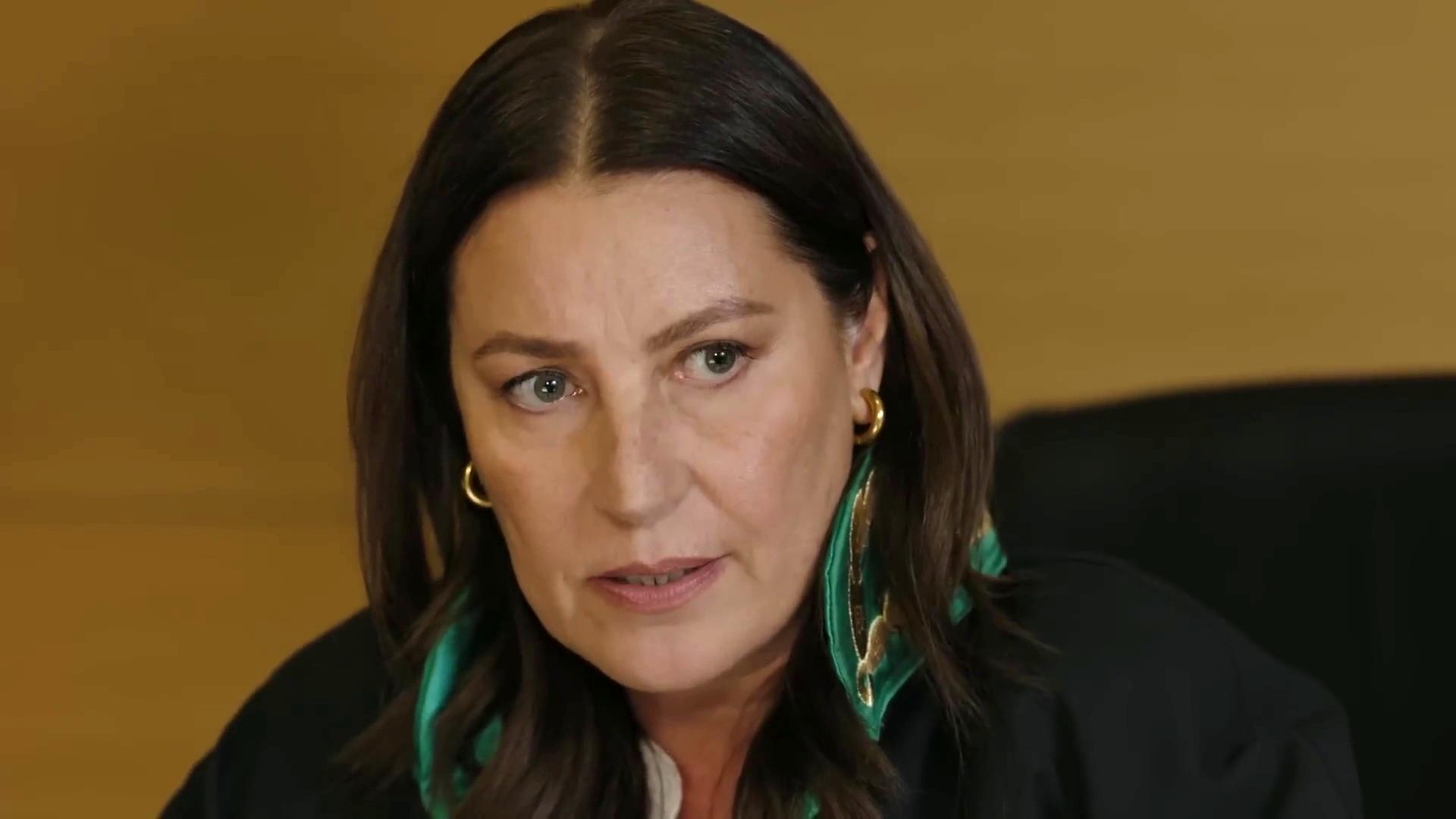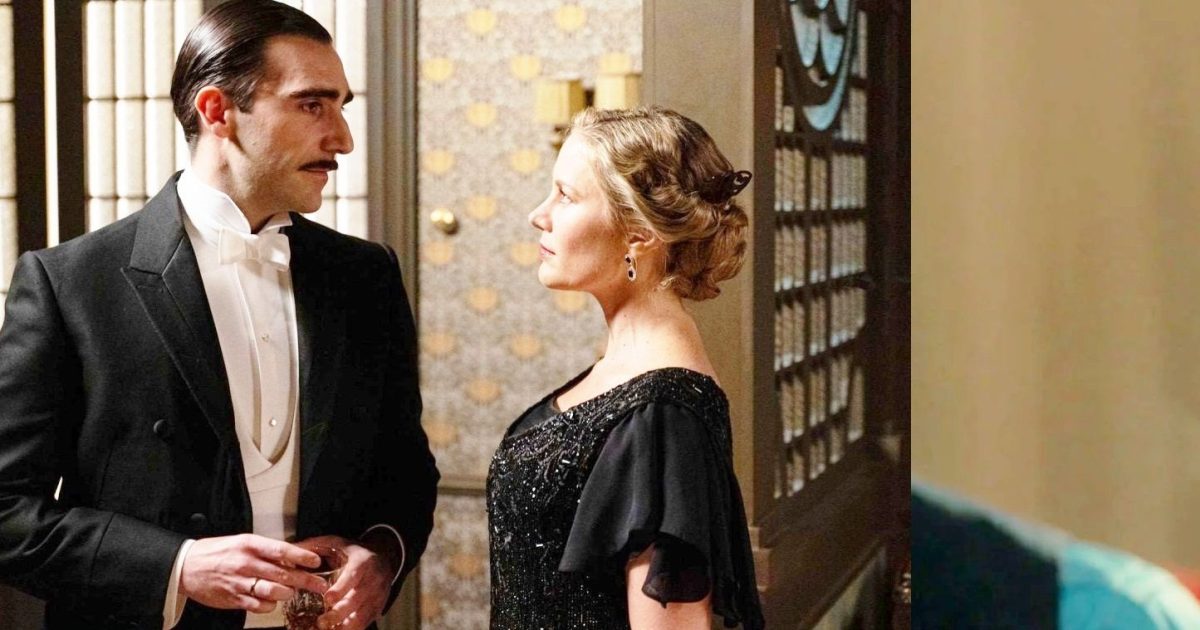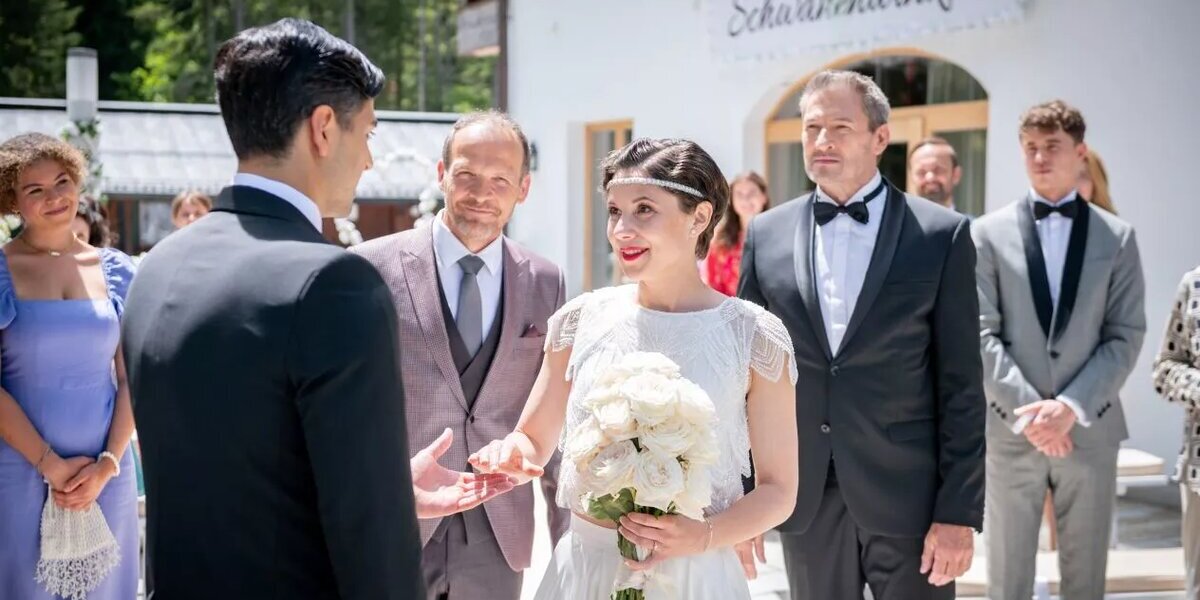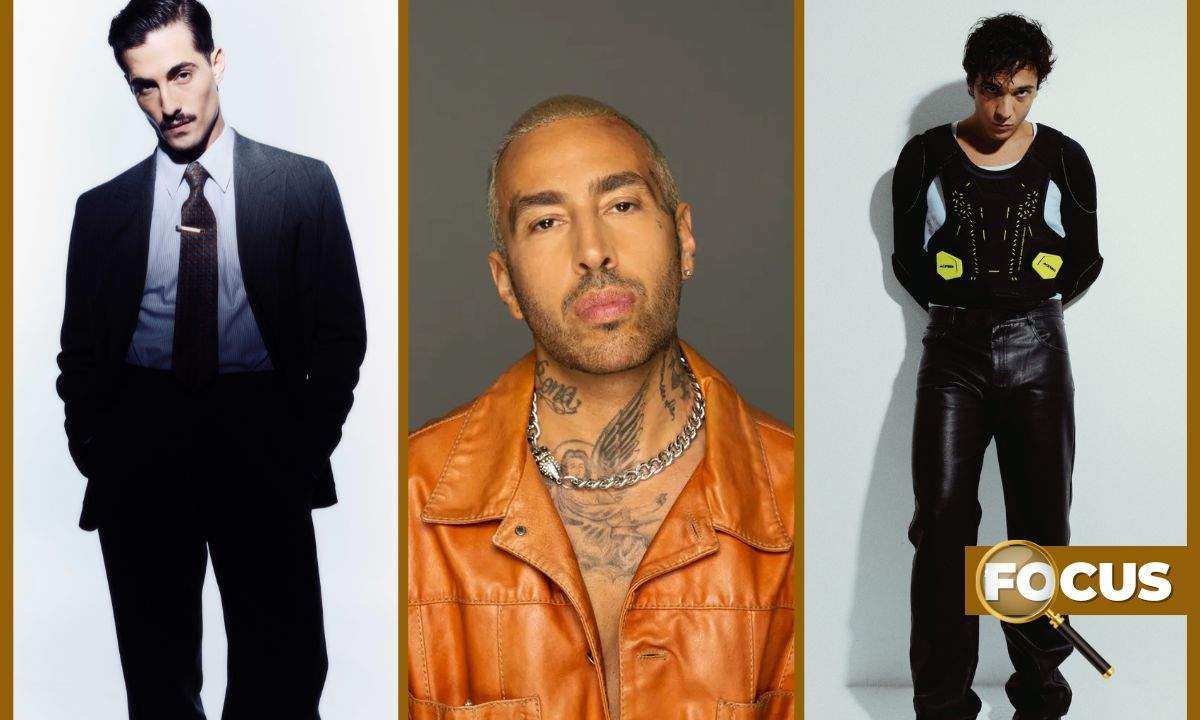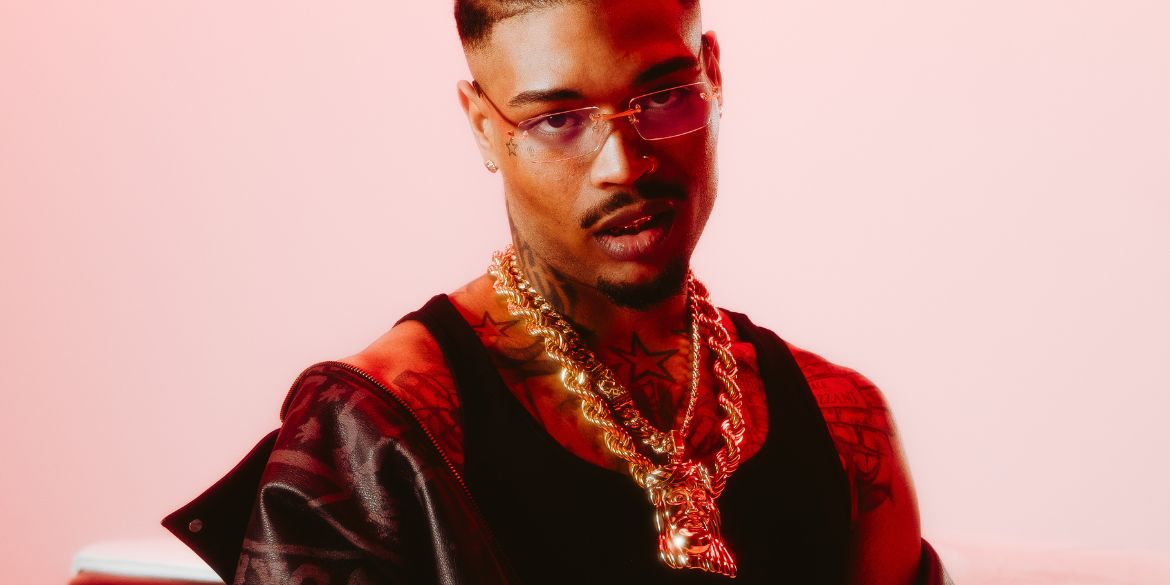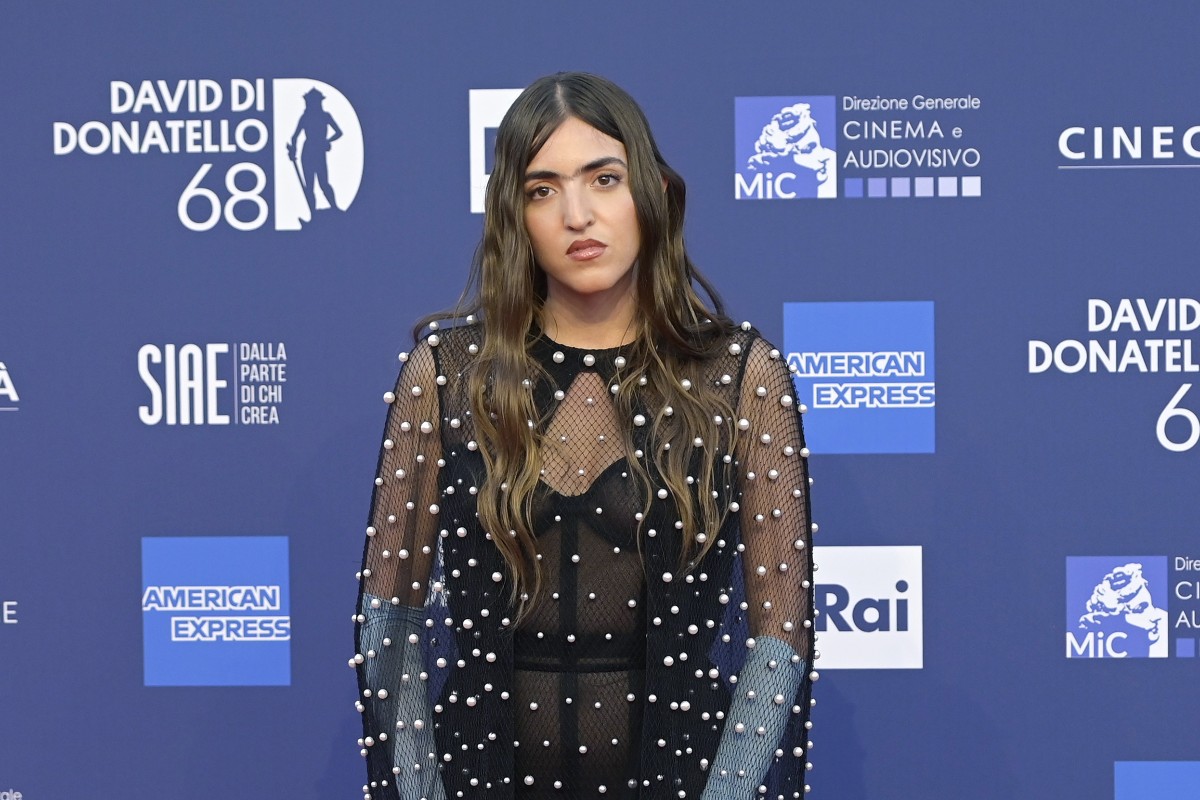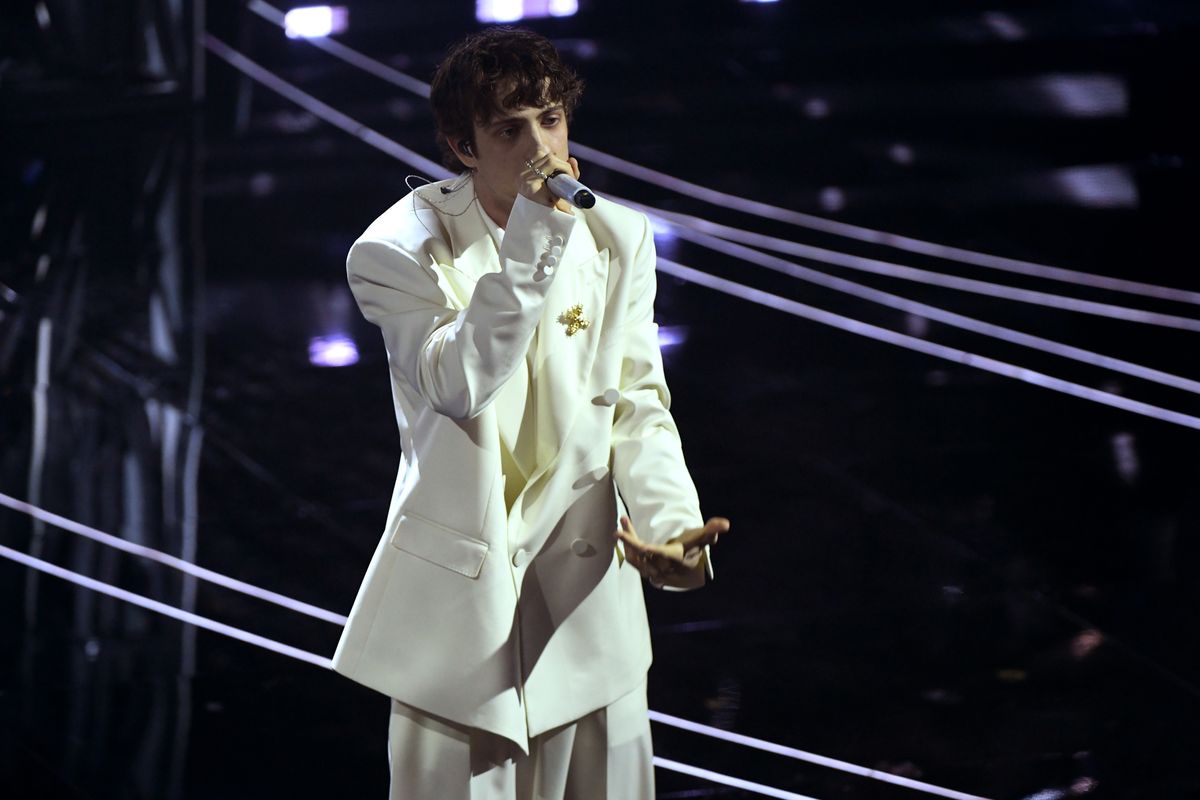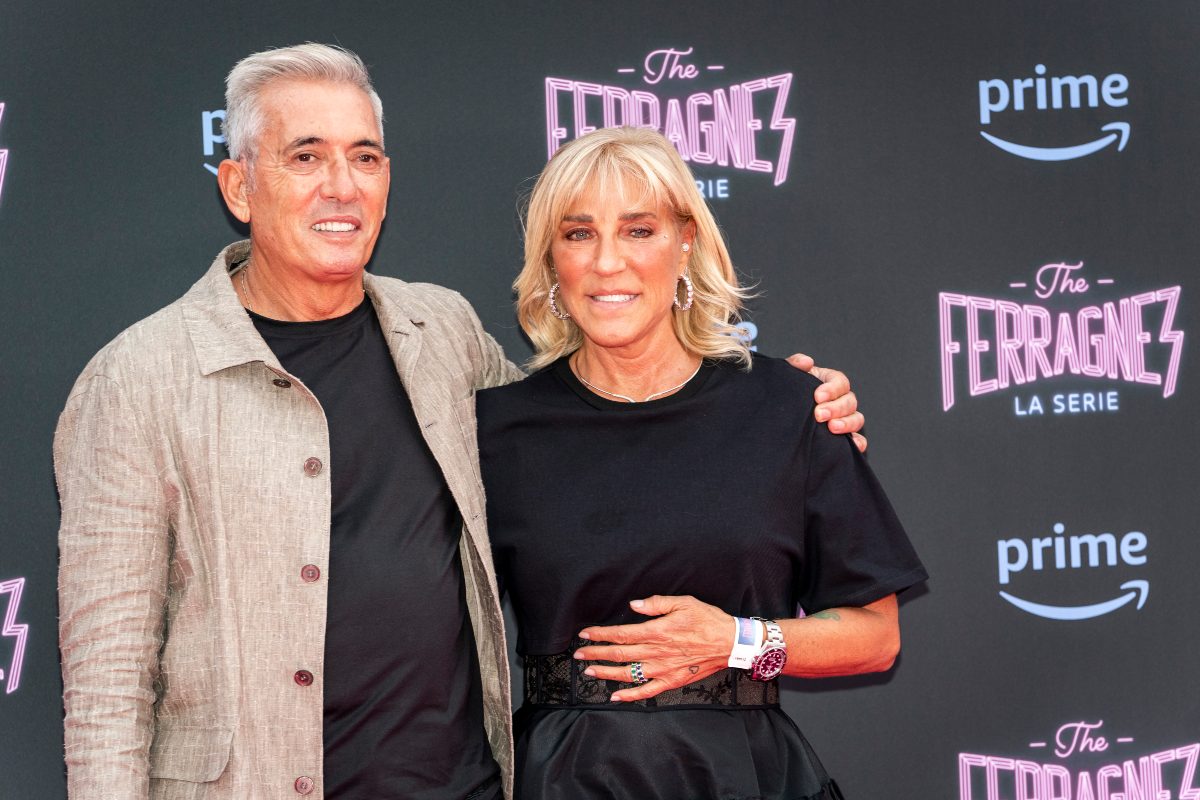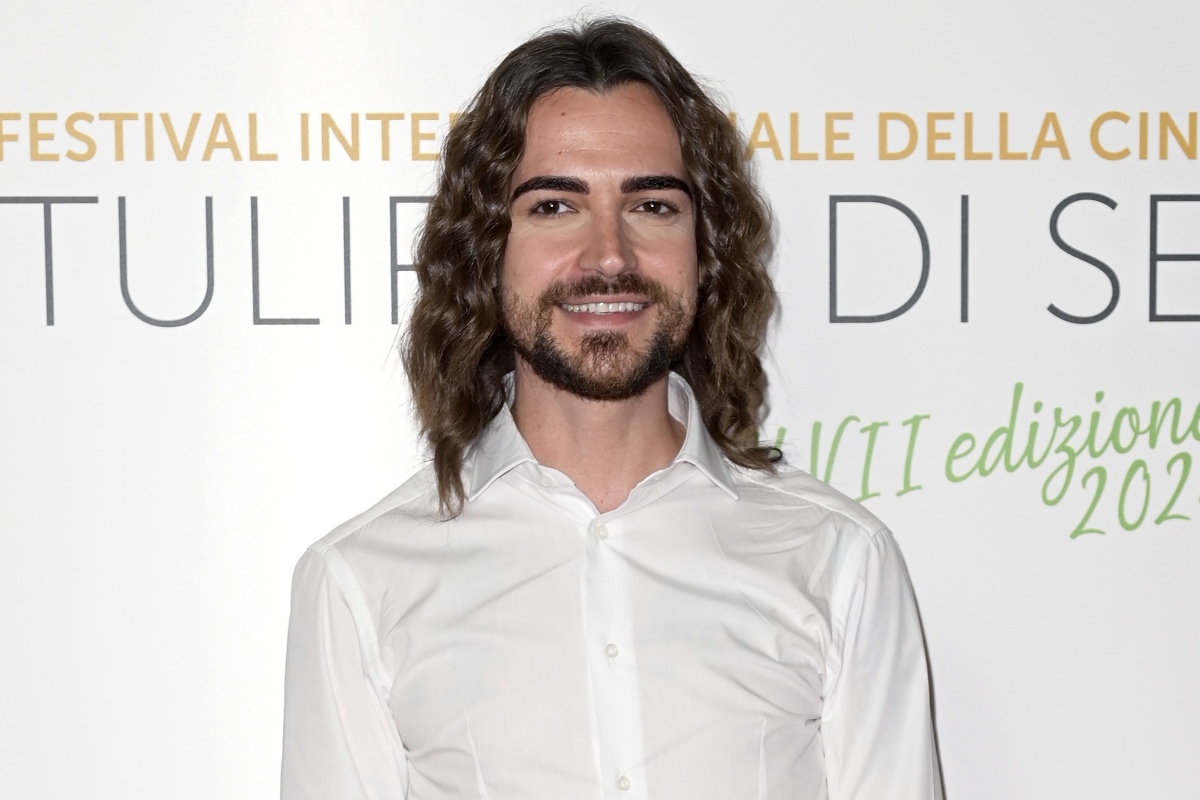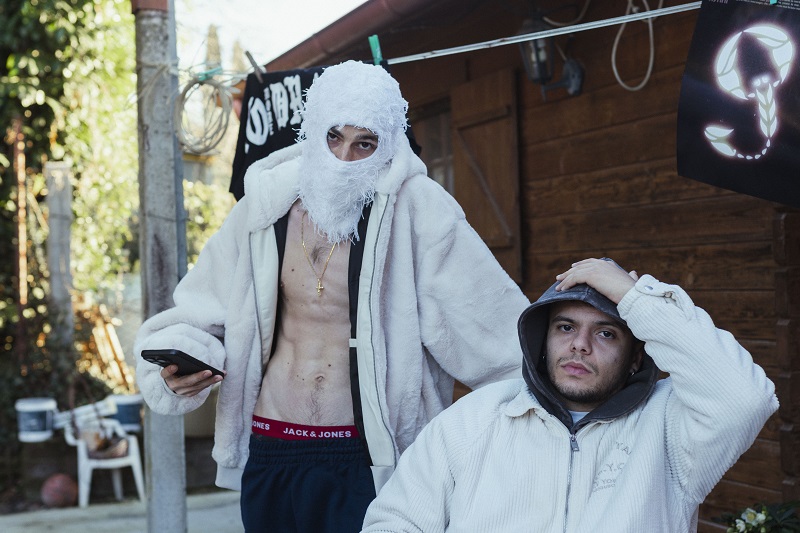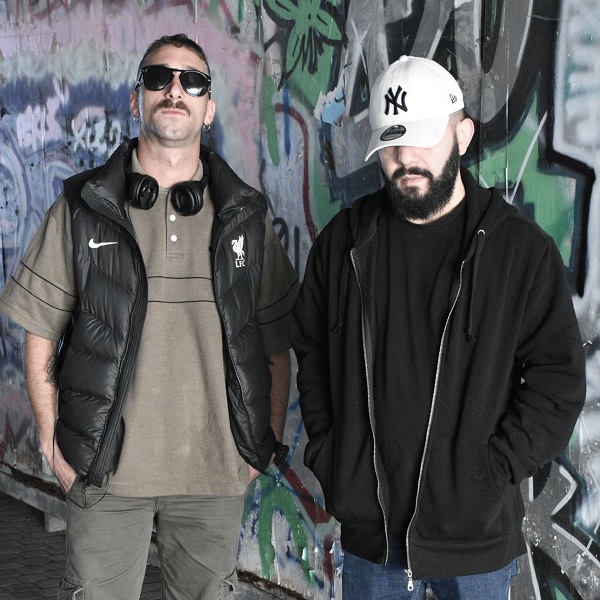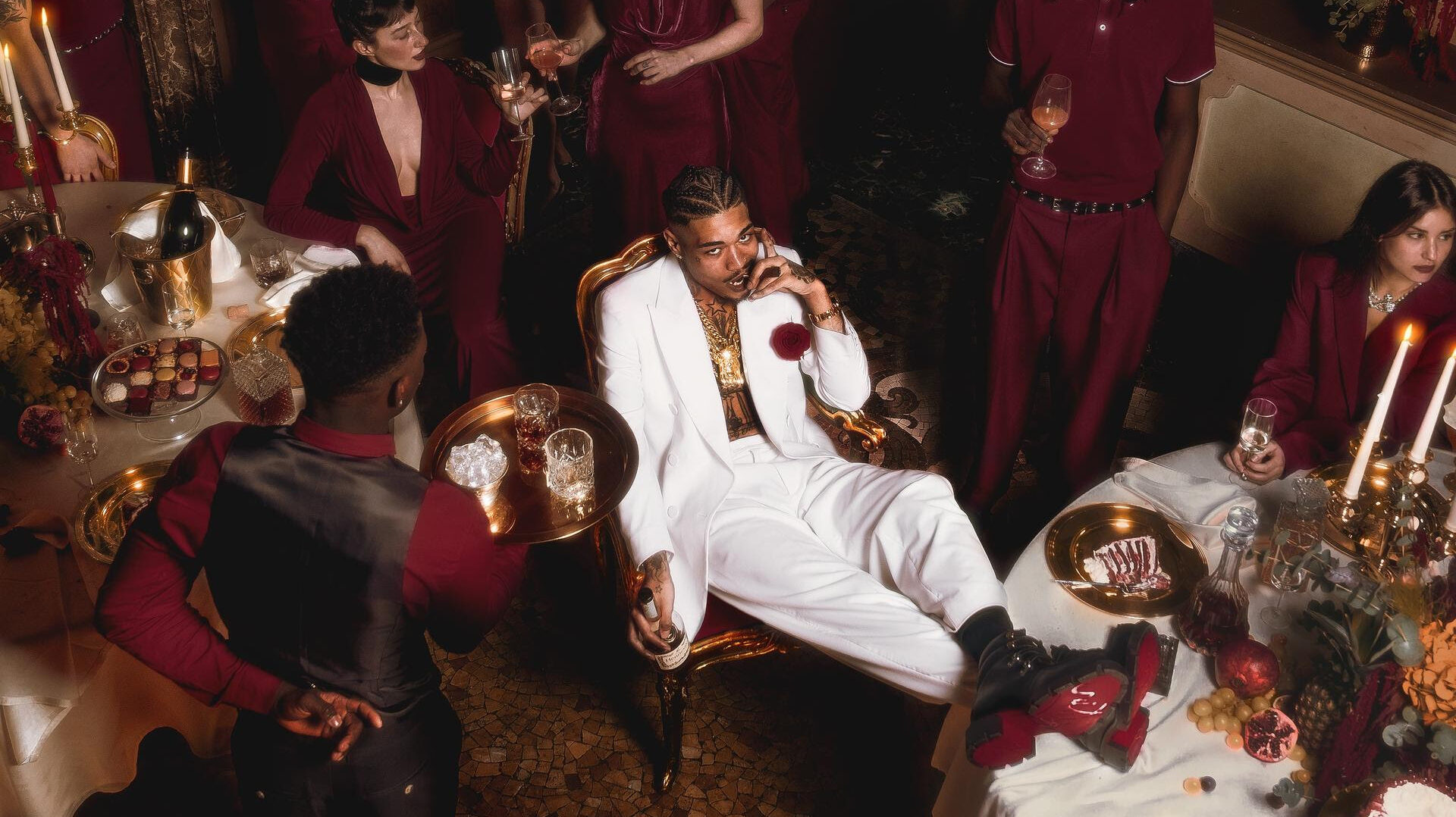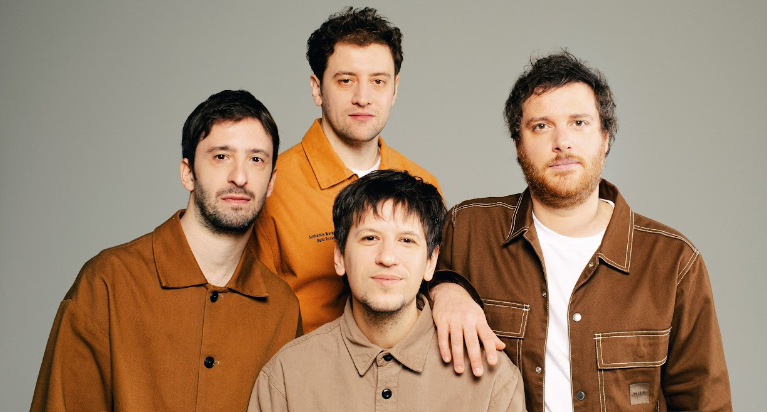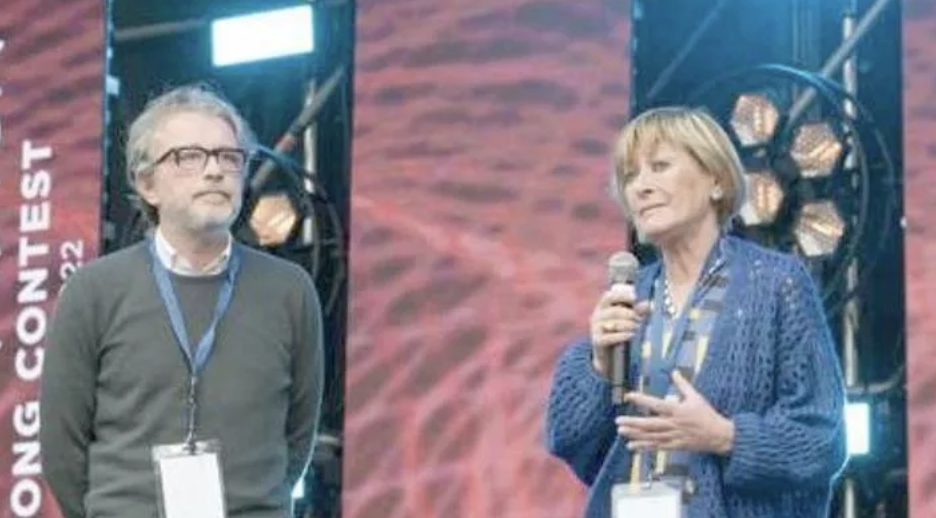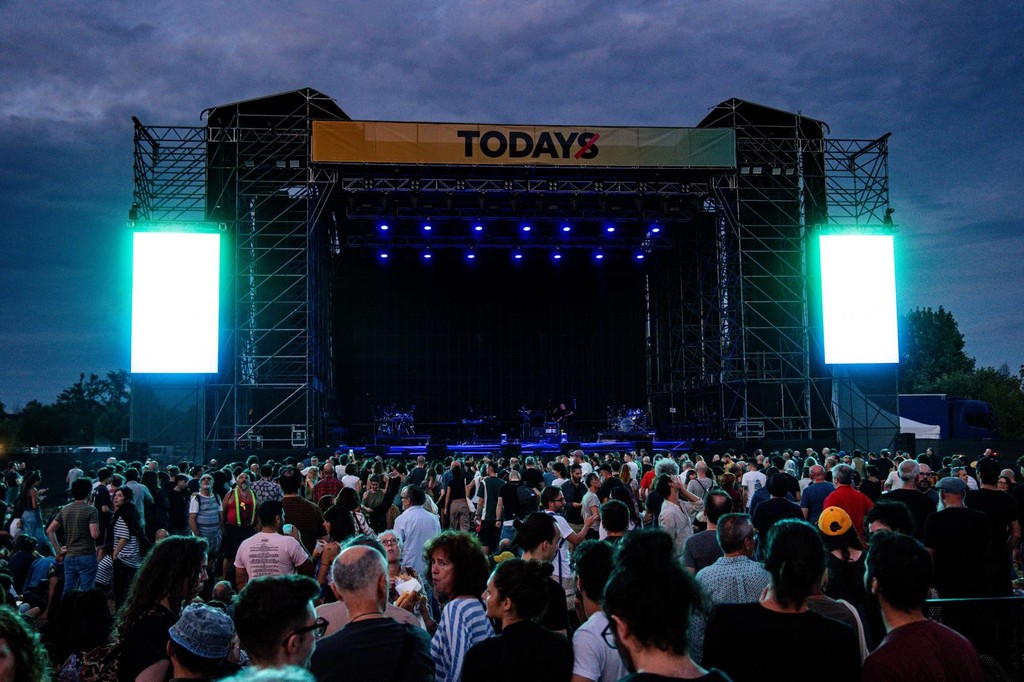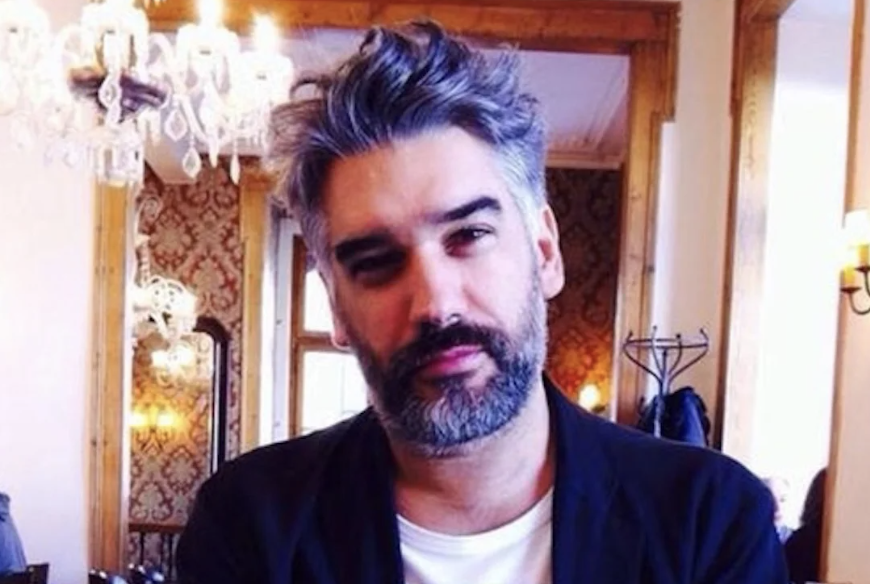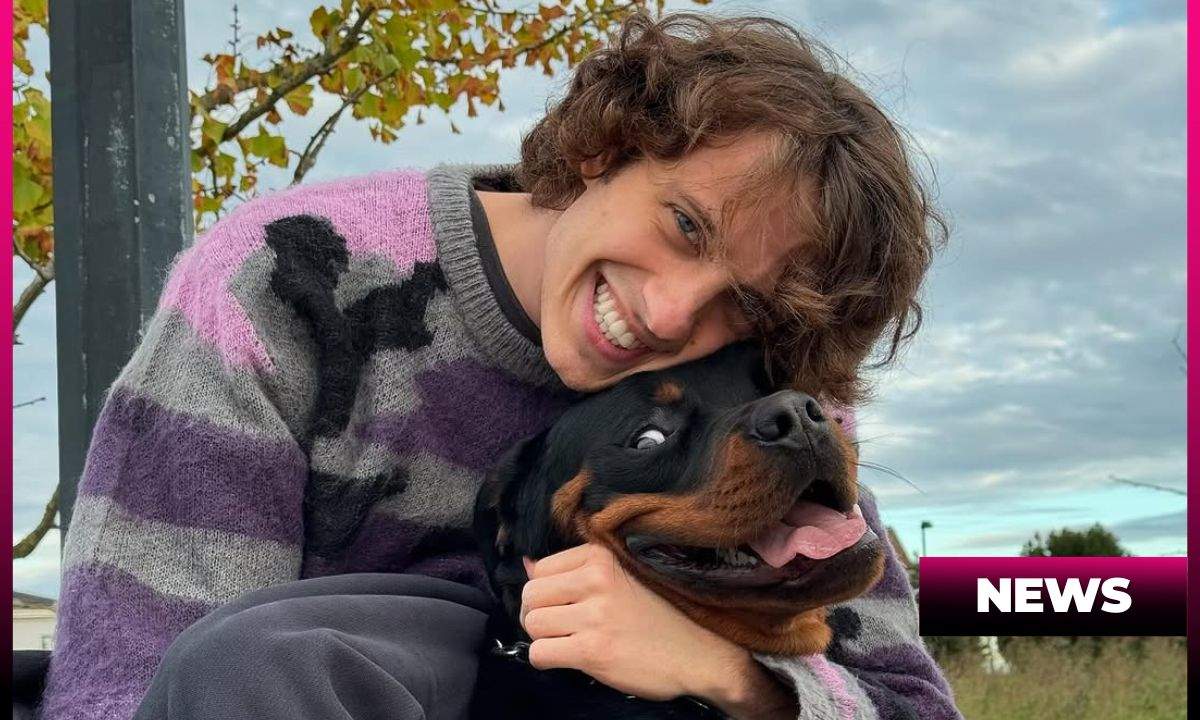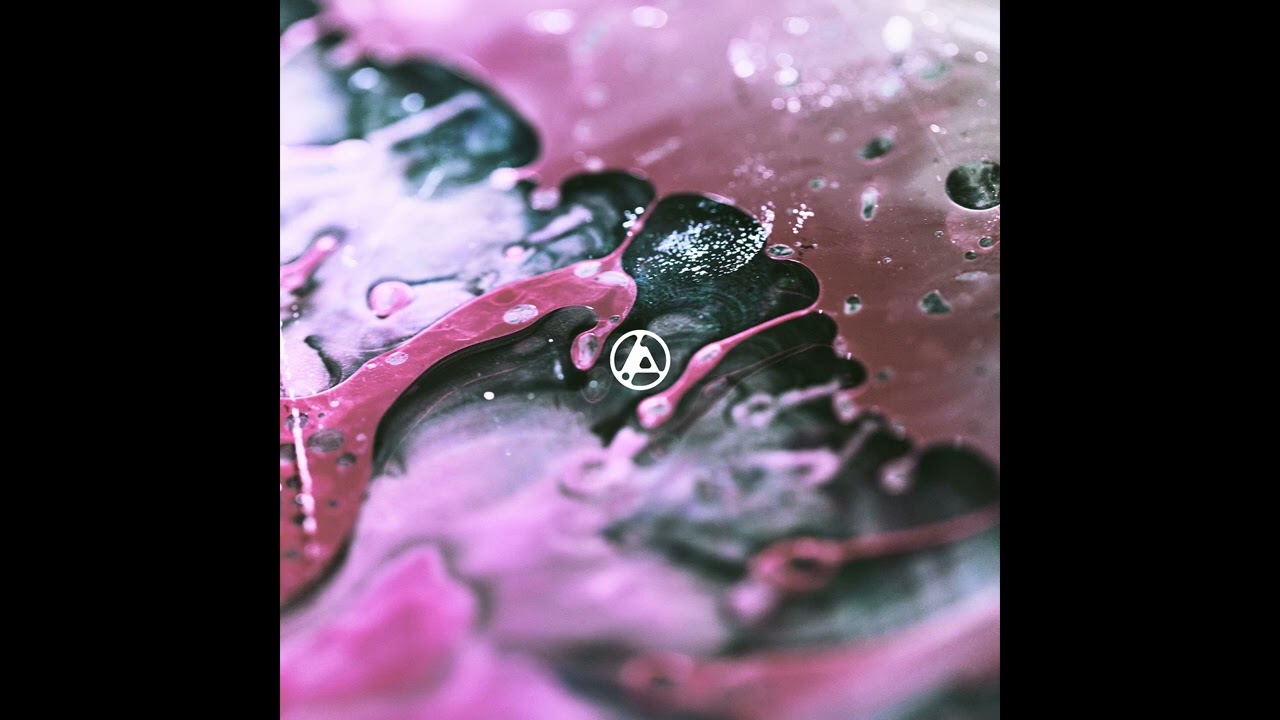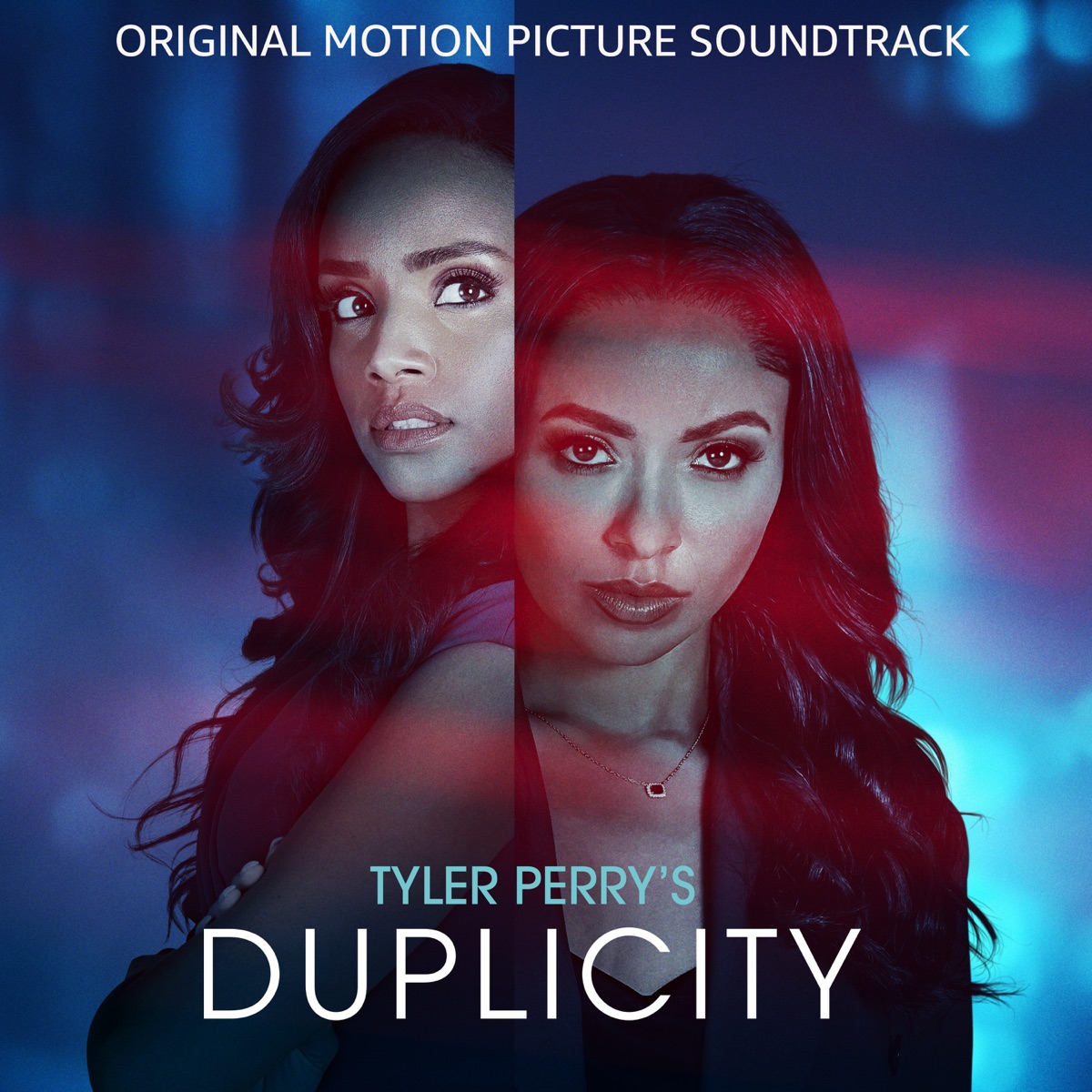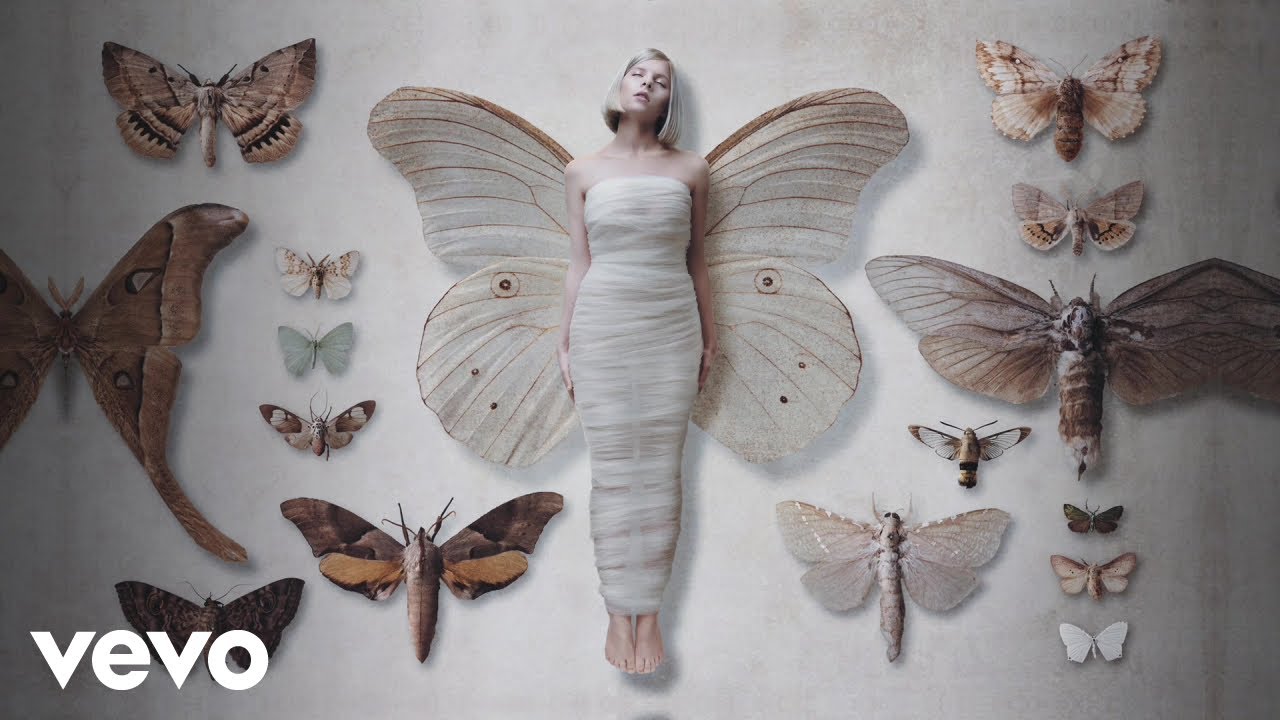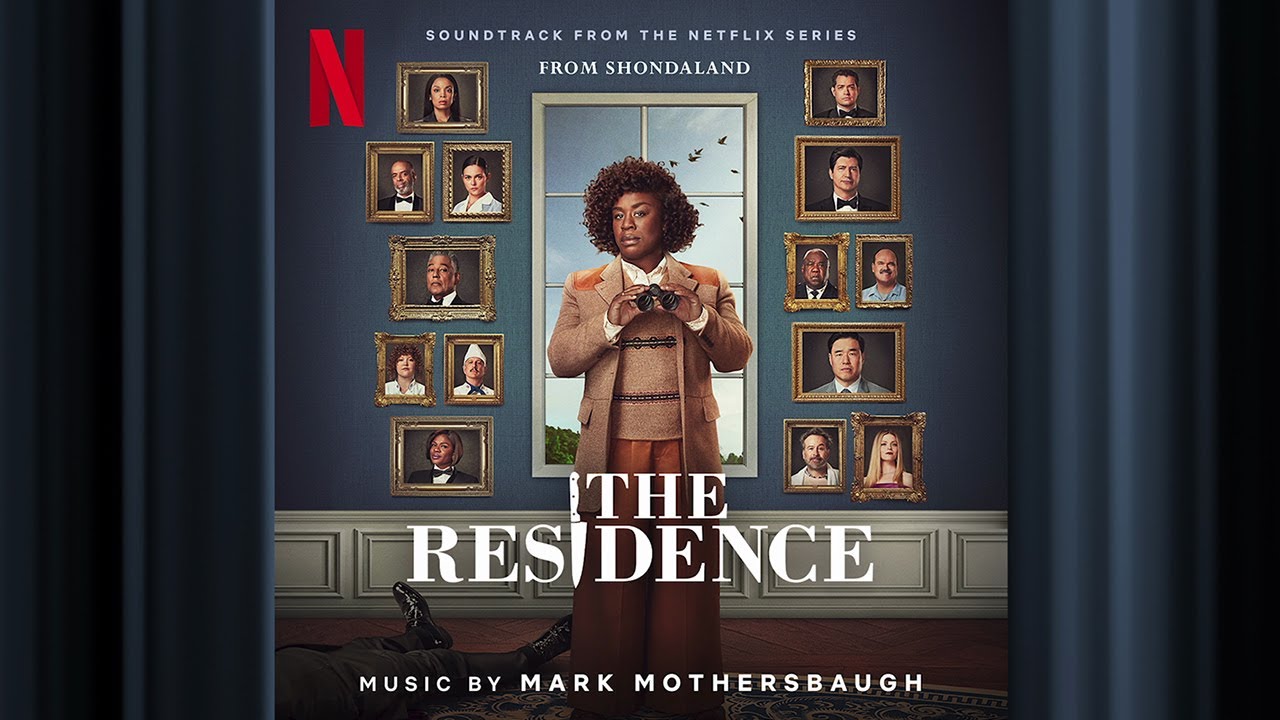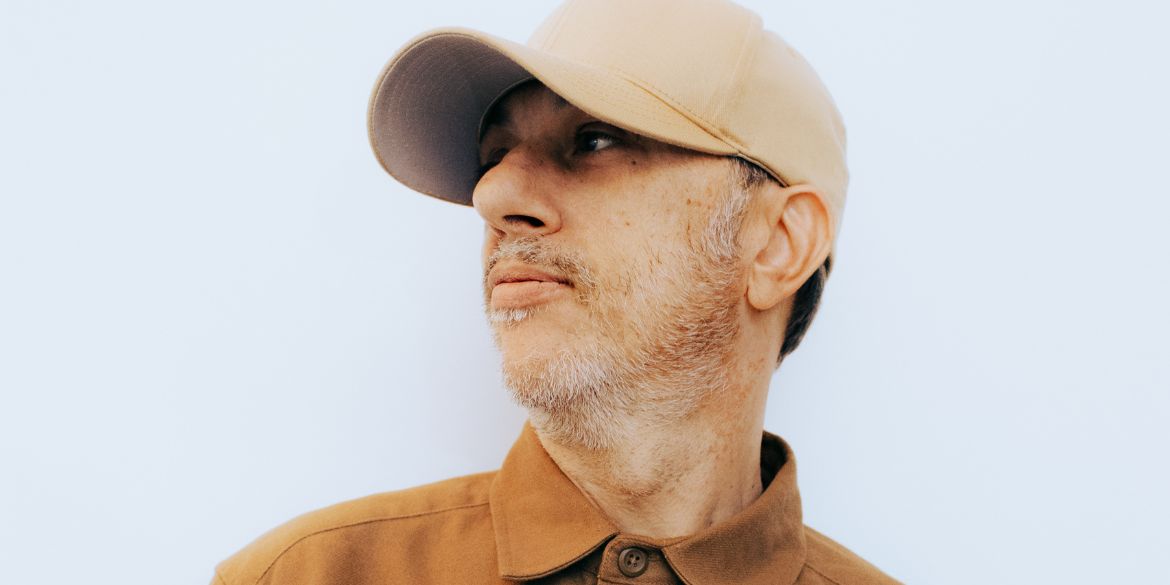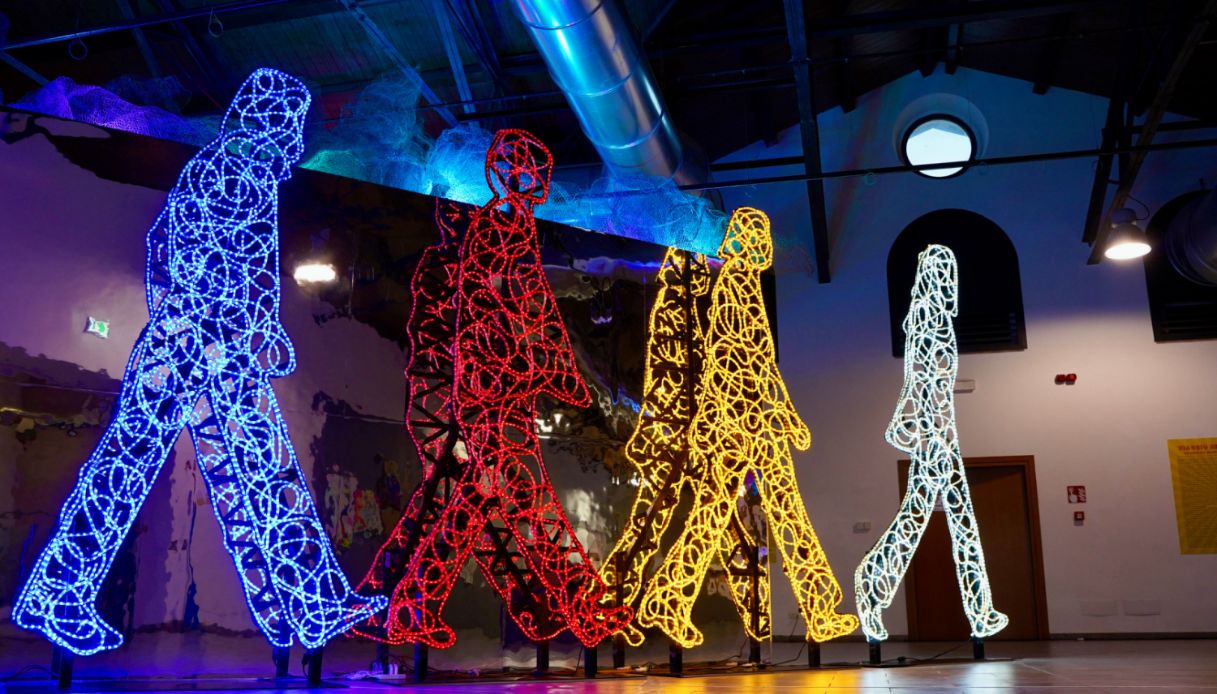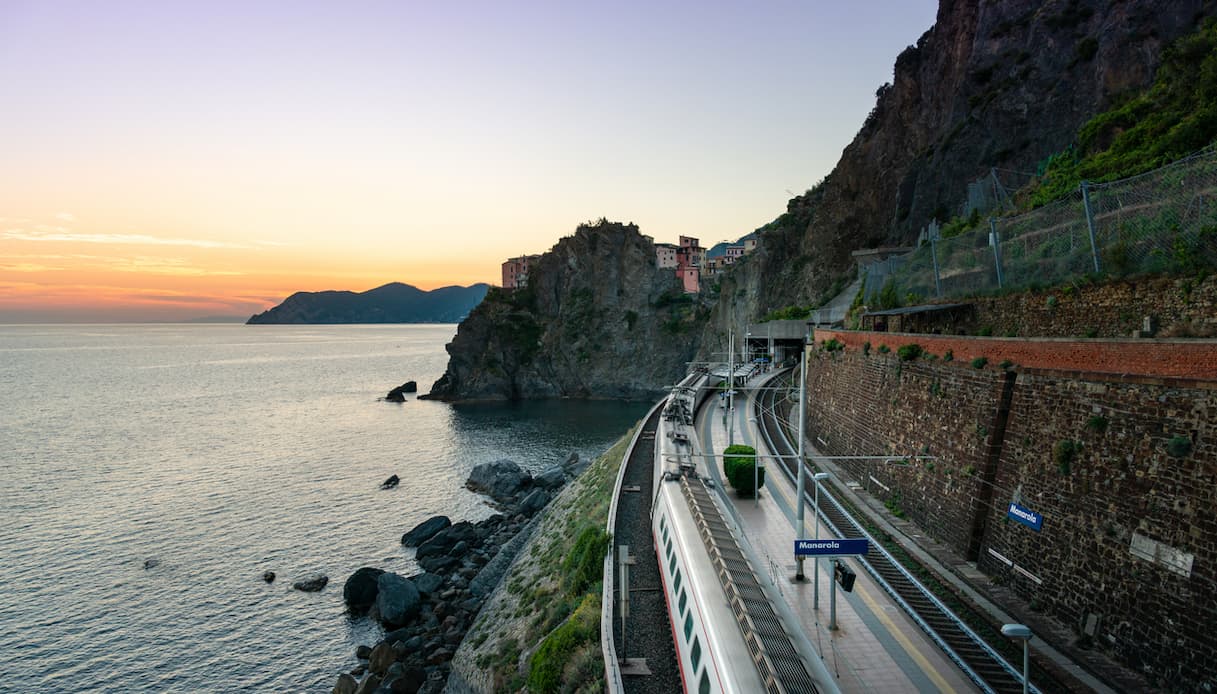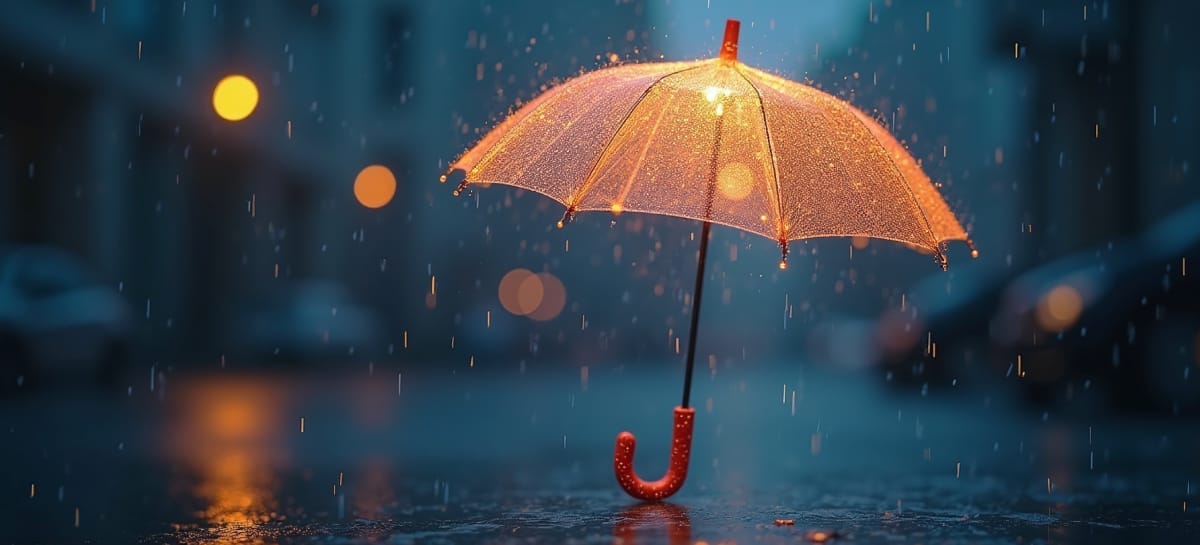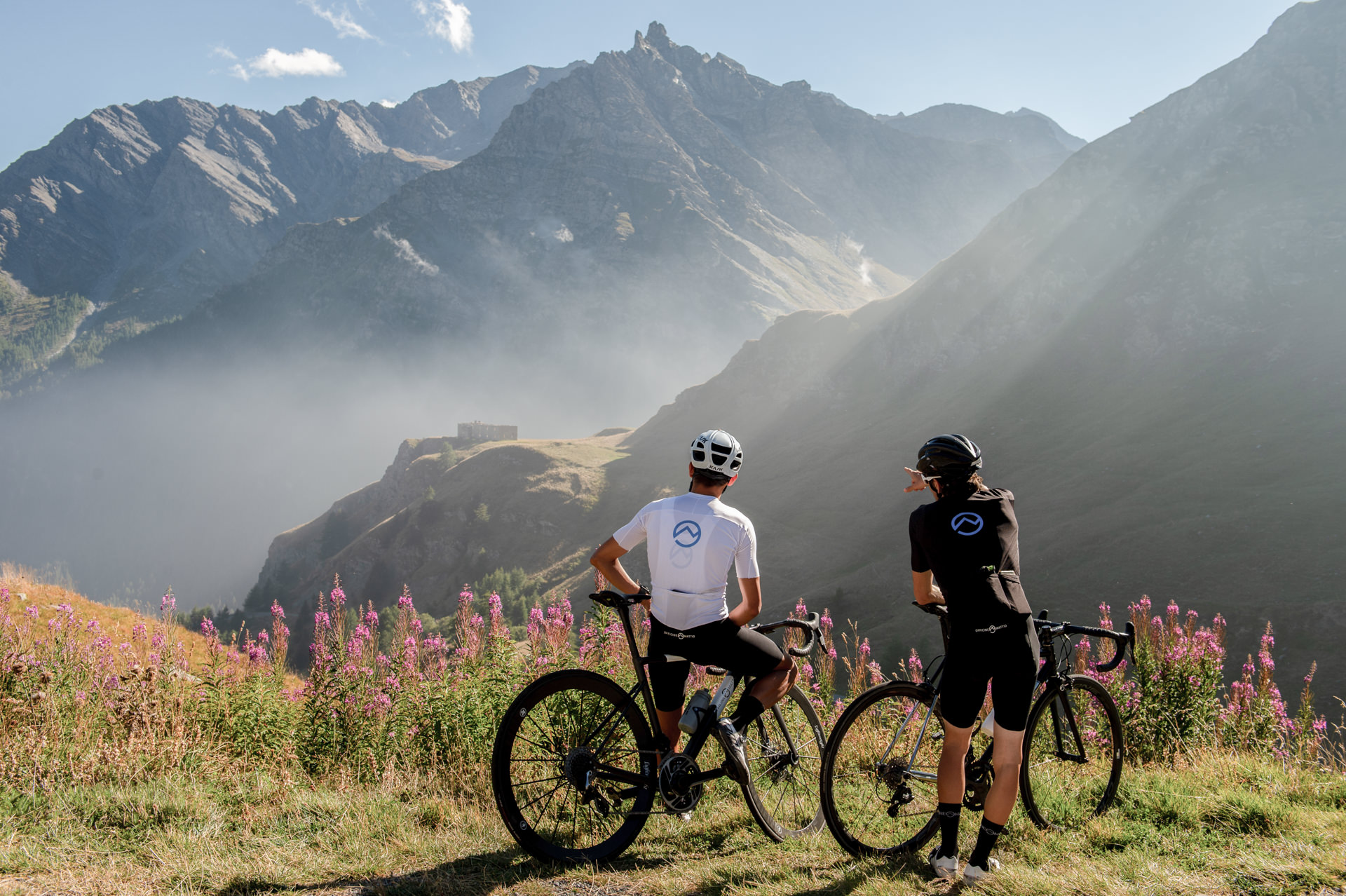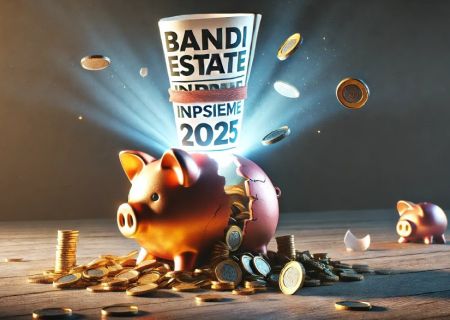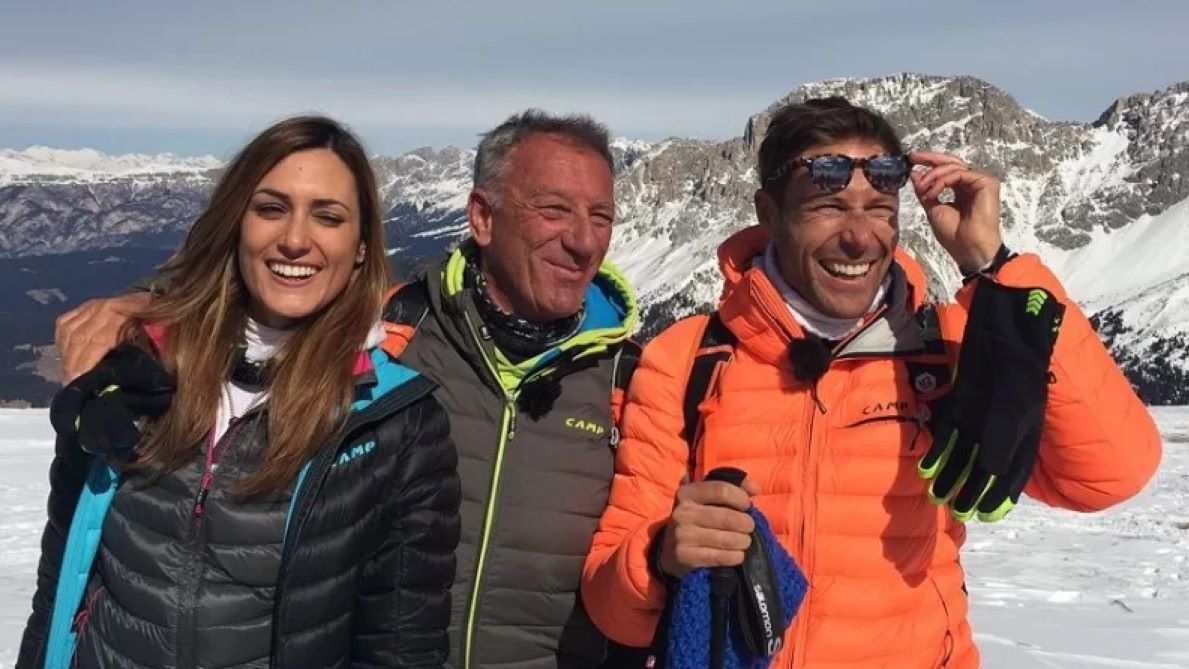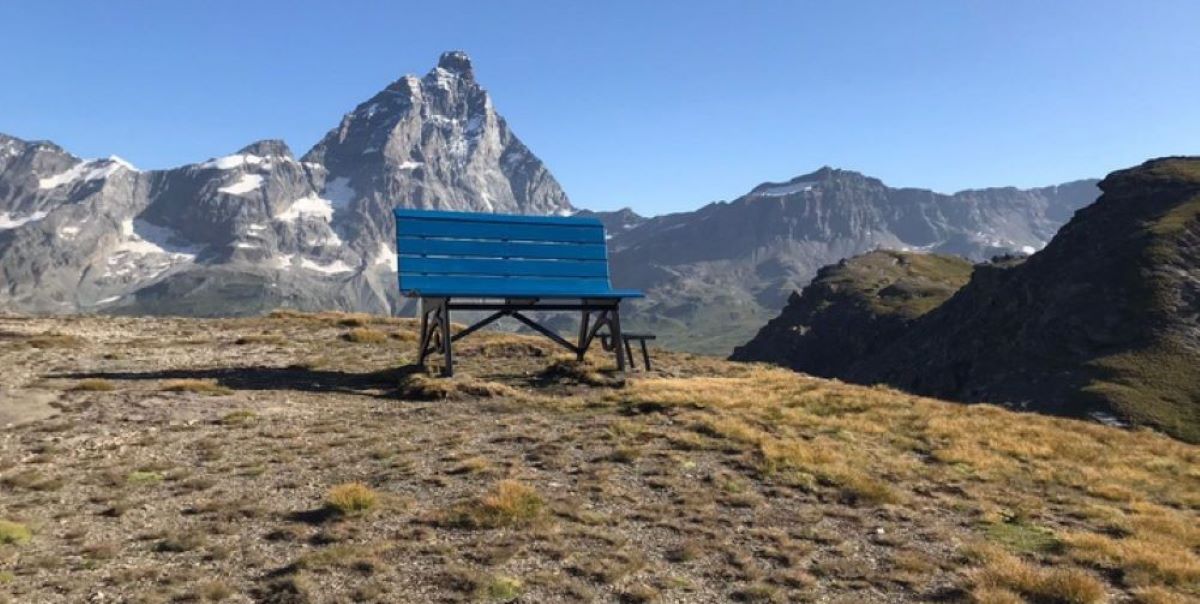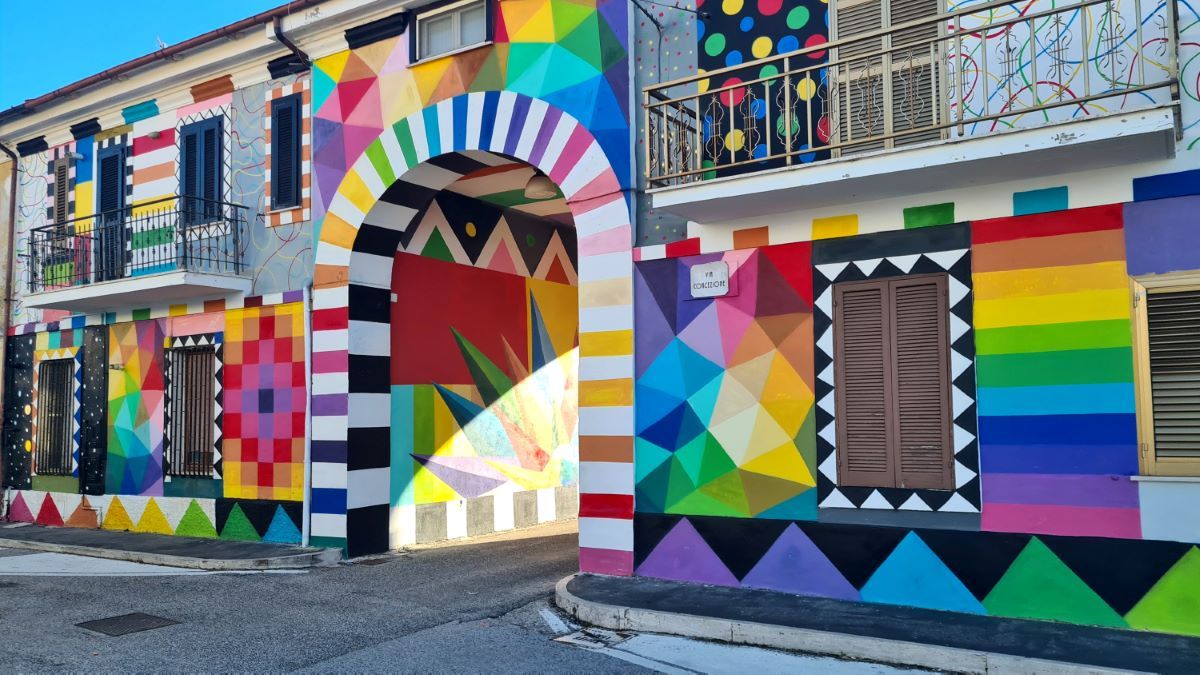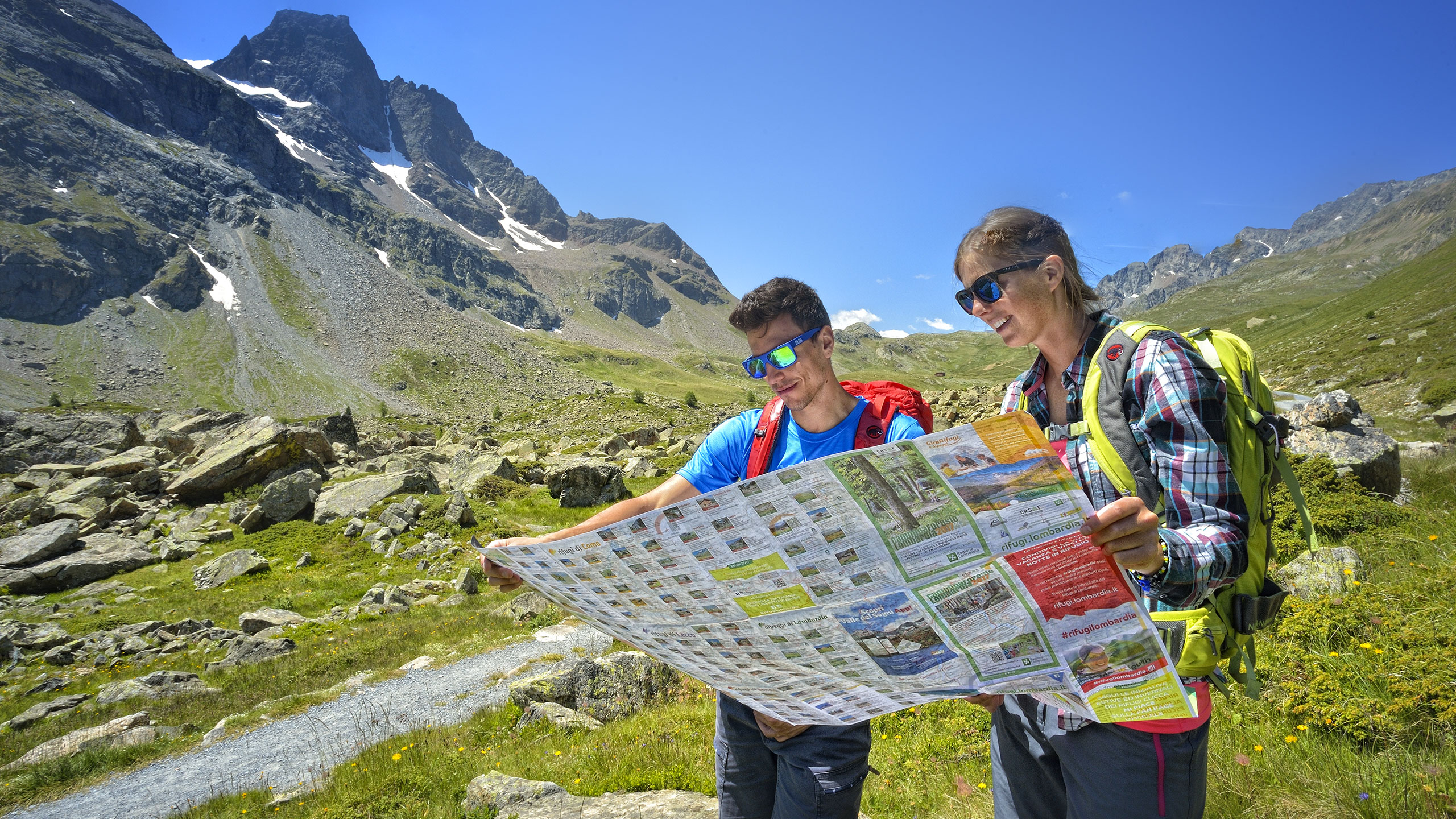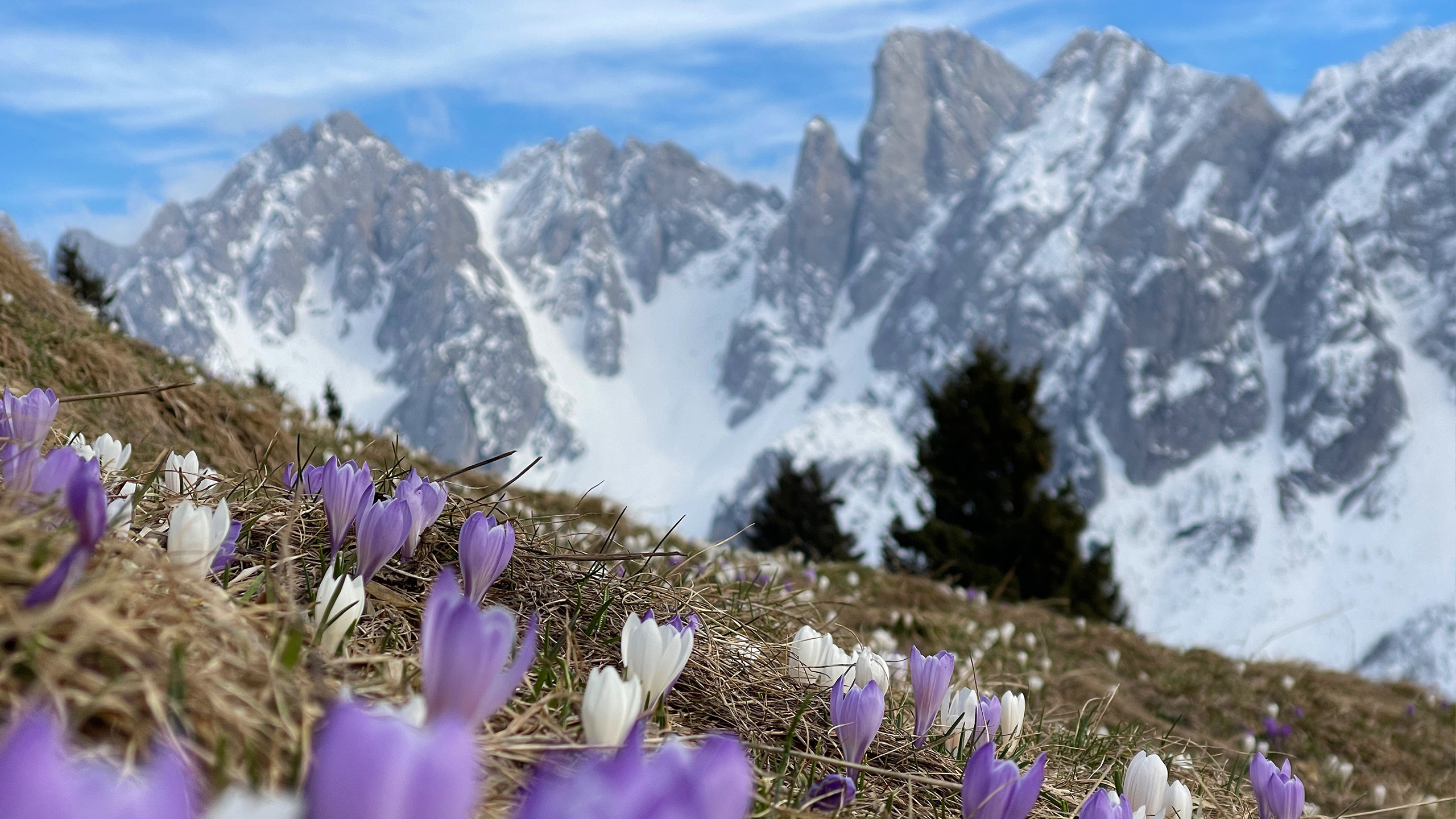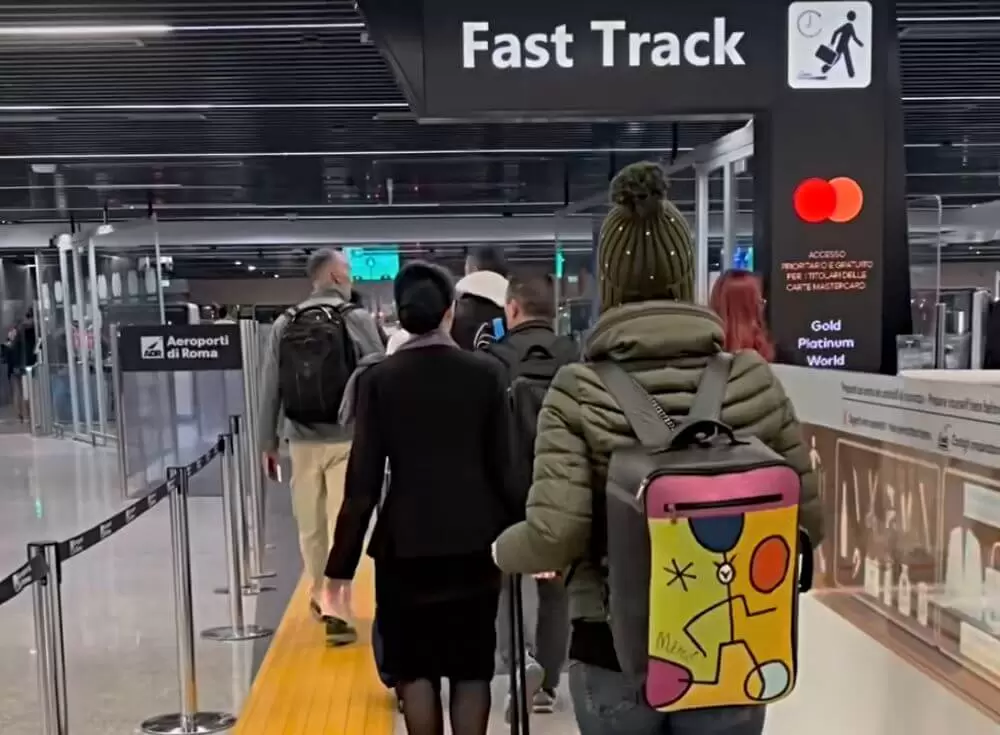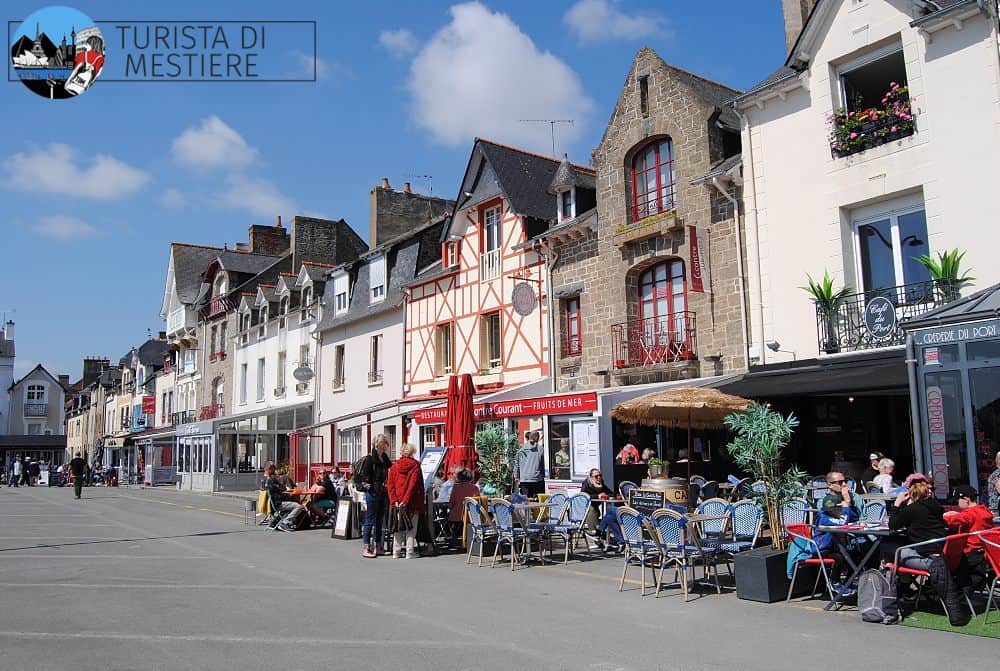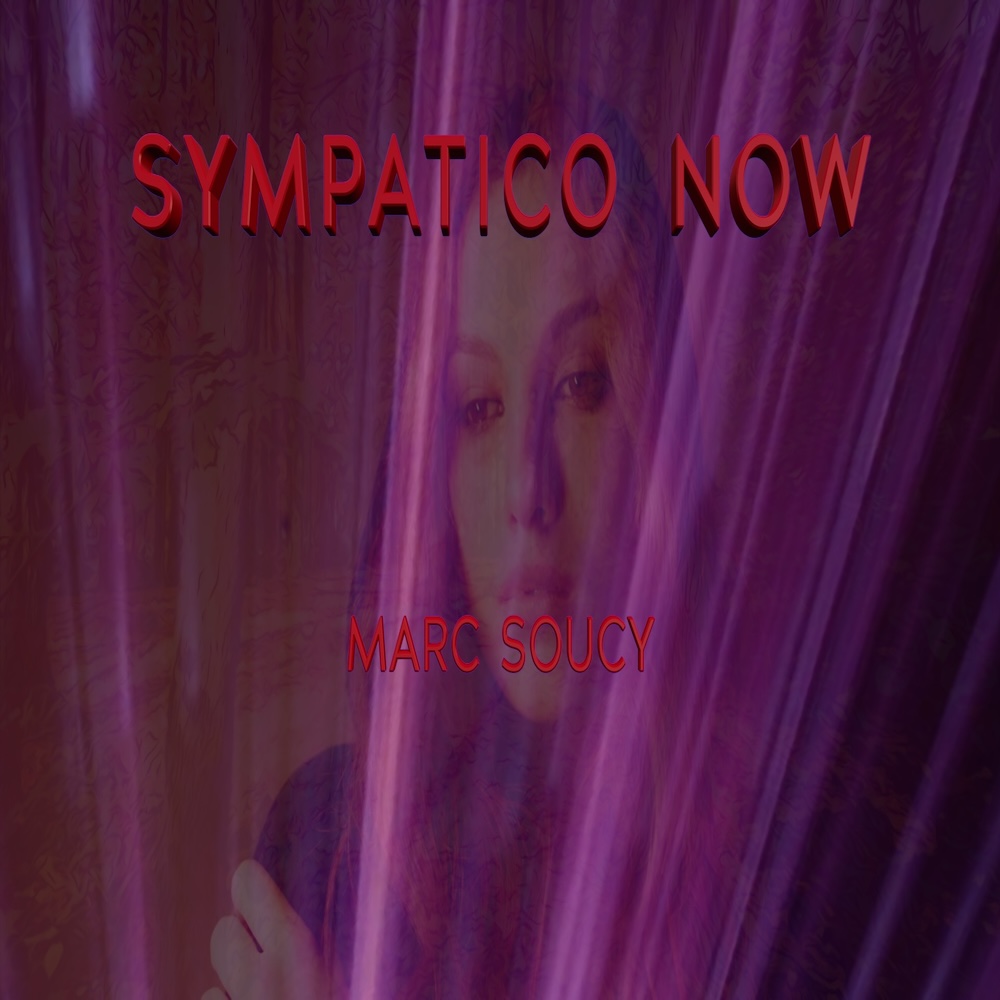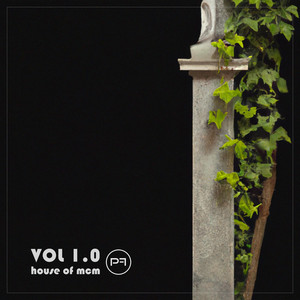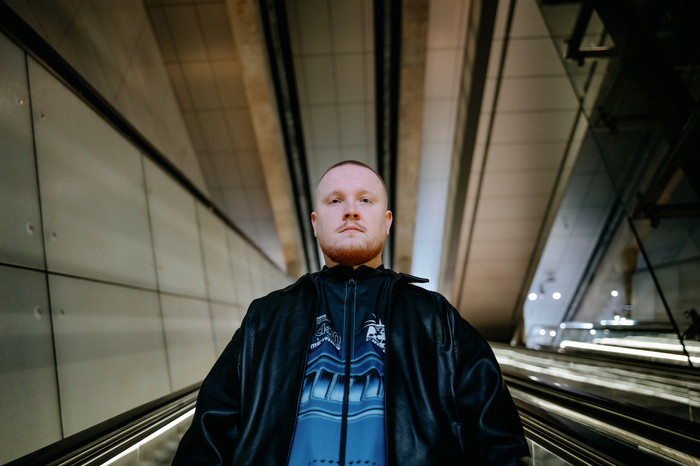House nel Caos: intervista ad Alex Phratz
In occasione della recente release di “A Groove Thing” su Trax Records abbiamo avuto il piacere di intervistare Alex Phratz. Alessandro Prazzoli a.k.a. Alex Phratz è il protagonista della release del 7 marzo di Trax Records. Classe ’86, nasce e cresce a Milano assistendo ad una metamorfosi che, oggi più che mai, coinvolge anche il […] L'articolo House nel Caos: intervista ad Alex Phratz sembra essere il primo su Parkett.
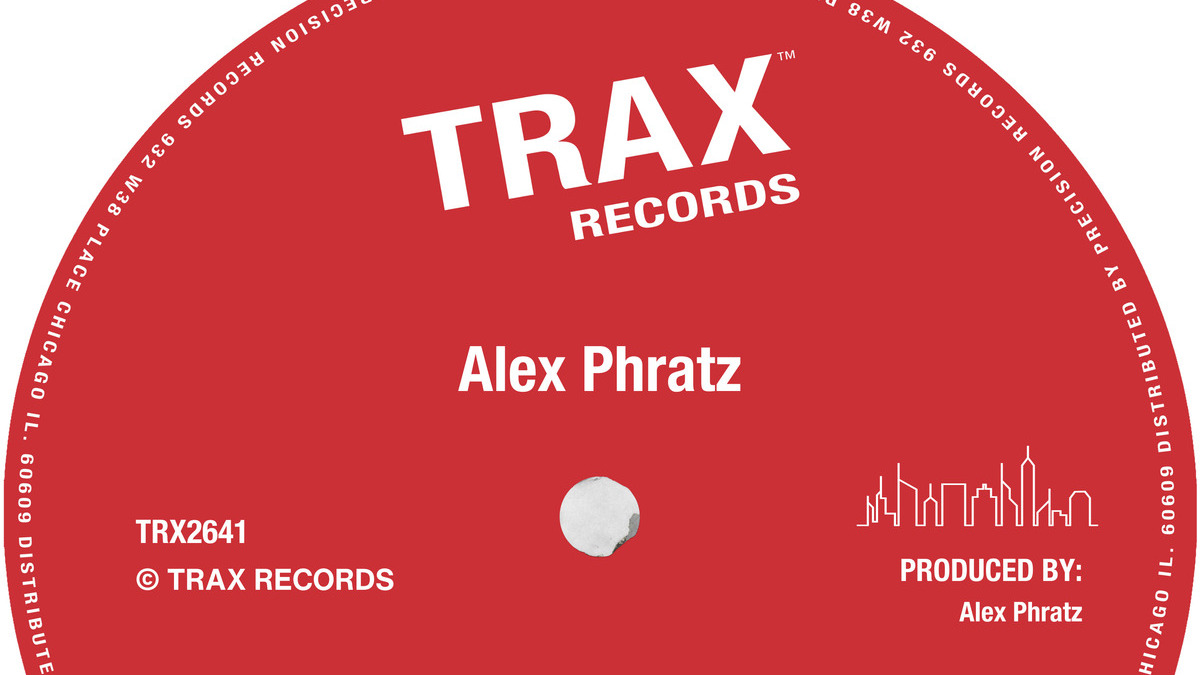
In occasione della recente release di “A Groove Thing” su Trax Records abbiamo avuto il piacere di intervistare Alex Phratz.
Alessandro Prazzoli a.k.a. Alex Phratz è il protagonista della release del 7 marzo di Trax Records. Classe ’86, nasce e cresce a Milano assistendo ad una metamorfosi che, oggi più che mai, coinvolge anche il clubbing e la vita notturna in generale.
Un’evoluzione che porta con sé un’involuzione, creando delle lacune nel mercato discografico e nella coscienza collettiva di chi contribuisce alla vitalità della clubculture.
Cosa vuol dire oggi essere un A&R? Esistono ancora delle realtà in cui la musica è assoluta protagonista? In che modo la presenza femminile influenza la musica? Ne abbiamo parlato con Alessandro, tra una tappa e l’altra di un viaggio musicale attraverso la collezione di vinili di sua sorella.
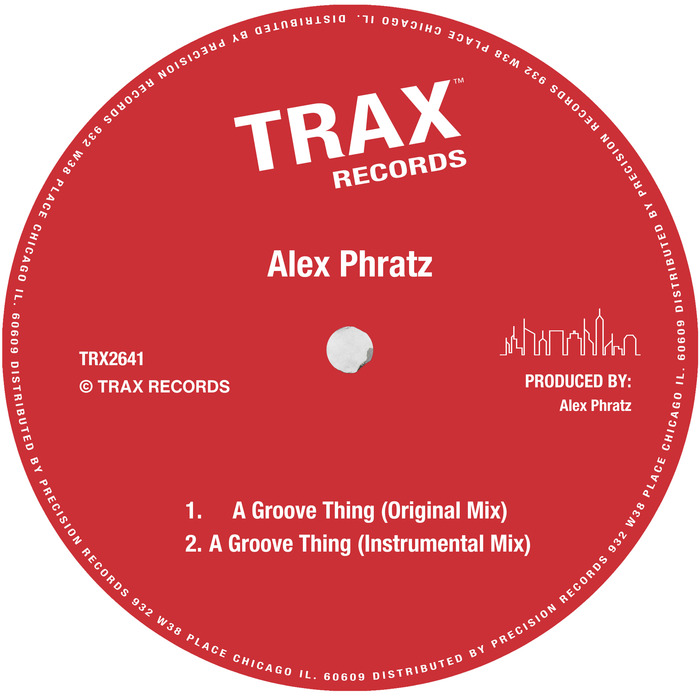
Ciao Alessandro, benvenuto su Parkett! Come stai? In che momento della tua vita è arrivata la release di ”A Groove Thing” su Trax Records?
Ciao Gaia, grazie a voi per questa bella chiacchierata. “A Groove Thing” nasce dal mio forte desiderio di riscoprire le origini dell’house music, considerato il momento di grande confusione musicale che stiamo vivendo.
L’idea era quella di “fermare il caos” per un momento proponendo alla storica Trax Records un disco dalle sonorità house più pure, in grado di evocare quel meraviglioso movimento che a metà degli anni ’80 ha letteralmente stravolto il panorama musicale. Il feedback è stato molto positivo e sto già lavorando al follow-up per il prossimo autunno.
Vivere a Milano è un po’ come avere una relazione con una donna tanto bella quanto complicata, tra picchi di soddisfazione e momenti in cui tutto sembra perdere il proprio senso. Che rapporto hai con questa città, in cui sei nato e cresciuto?
Milano è la mia città e, seppur frenetica, la amo e la apprezzo. Se vissuta in un certo modo offre tantissime bellezze tutte da scoprire. Ho la fortuna di abitare in una zona circondata dal verde e ho tutti i miei affetti più cari a pochi passi da me.
Questi sono dei plus fondamentali che mi trasmettono la giusta serenità per dedicarmi al meglio alla mia musica con uno stato d’animo sereno. Amo Milano nel periodo pre natalizio ma vorrei scappare quando arrivano i primi terribili caldi estivi.
In realtà la mia grande passione è la montagna. Sogno un giorno di vivere tra la pace e la natura di Verrayes, paesino in Valle D’Aosta dove ho uno chalet di famiglia.
In tutti questi anni hai assistito e contribuito all’evoluzione della scena milanese, dove avanguardia e disinibizione sono da sempre motori della vitalità notturna. Com’è cambiata la scena e come la immagini tra dieci anni?
Milano è da sempre una città chiave per la clubculture italiana che, in parte grazie al suo connubio con la moda ha dettato tendenze e costumi. Nella Milano degli anni d’oro si è osato molto e fino a qualche anno fa si respirava voglia di innovazione e nightlife.
Lo sviluppo invasivo dei social network e il Covid hanno influito molto le abitudini delle persone e soprattutto delle nuove generazioni. Purtroppo oggi, molto spesso, si predilige il voler apparire al vivere i club come luoghi d’ incontro per ballare e ascoltare buona musica.
La soglia di attenzione delle persone si è abbassata a suo discapito, infatti tende ad essere sempre più standardizzata. Probabilmente tra dieci anni i brani dureranno al massimo un minuto. Ritengo però che ci siano ancora delle realtà che cercano di differenziarsi con proposte in cui la musica è ancora la principale protagonista.
Per via di tutti questi cambiamenti che stanno stravolgendo il clubbing, da tempo mi dedico maggiormente a vari programmi radiofonici, tra questi Dance & The City con Lo Zio, che mi permettono di proporre musica liberamente, senza compromessi.
Tua sorella, e la sua collezione di vinili, è stata fondamentale nella tua crescita personale e artistica. Anch’io ho la fortuna di condividere con mio fratello un amore viscerale per la musica, che ci offre la frequenza migliore per connetterci. In che modo la musica ha influenzato il rapporto con tua sorella?
Valentina ha 10 anni in più di me, pertanto ho avuto la fortuna sin da piccolo di entrare in contatto con la italodisco anni ’80 e la prima dance anni ’90 grazie ai suoi dischi e alle sue musicassette. Mi ha permesso anche di esplorare generi musicali agli antipodi entrando in contatto con The Cure, Dire Straits e tanti altri.
La musica è stata un bellissimo sottofondo del nostro rapporto e molto spesso le ricordo l’importanza che lei con la sua musica ha avuto per me.
Viceversa, essere affiancato da una figura femminile in che modo ha influenzato la tua musica e, in generale, la tua visione delle cose?
Le donne sono da sempre il motore del mondo grazie alla loro spiccata sensibilità e concretezza. Nella mia vita ho avuto la fortuna di crescere, studiare e lavorare in ambienti prevalentemente femminili e ciò mi ha portato a sviluppare la capacità di relazionarmi bene con l’altro sesso.
E poi è risaputo che anche in discoteca sono le donne le prime giudici a decretare se un disco funziona o meno. Mi è capitato spesso di testare delle mie demo in pista studiando le reazioni del pubblico femminile. Non c’è nulla di più bello che vedere una donna ballare in pista felice e spensierata.
Ritornando alla collezione di vinili di tua sorella, quali sono i dischi che ti hanno ispirato e quali invece proprio non sopportavi?
Da piccolissimo amavo “Electrica Salsa” di Off e “Gimme Five” di Jovanotti. Mia mamma ricorda che quando mi svegliavo all’alba l’unico modo per tenermi tranquillo era farmi ascoltare a ripetizione questi due brani. Forse il mio destino era già scritto allora.
Non c’erano brani che non sopportavo. Fin da piccolo avevo fame di conoscere la musica e divoravo letteralmente qualsiasi genere, ascoltavo i Doors, AC/DC, Sepultura. Grazie a mio padre ho scoperto anche la musica classica, che è stata determinante per le mie produzioni in cui includo spesso piano ed archi.
Tra gli 11 e i 14 anni hai iniziato a produrre e mixare. Qual’è stata la prima console che hai acquistato e con quali software hai iniziato a produrre?
La mia prima attrezzatura da DJ comprendeva CDJ, giradischi e mixer Gemini. Per quanto riguarda la produzione, ho iniziato per gioco con la PlayStation.
Mentre i miei amici delle medie giocavano a FIFA io componevo con Music, un videogioco che permetteva di produrre la propria musica trasformando la Playstation in un vero “software”. Poi sono passato a Fruity Loops e successivamente a Reason, al quale sono rimasto fedele ancora oggi.
Tra il 2009 e il 2012 sei stato l’A&R di Serious Digital Music e Solnce Records. Quali sono le difficoltà maggiori con cui si confronta un A&R?
Un A&R deve assolutamente avere conoscenza del marketing, della promozione e del placement, portare avanti sia i rapporti con l’artista, per fidelizzarlo e farlo crescere, sia i rapporti con radio e promoter. Fare l’A&R oggi vuol dire confrontarsi con un mercato discografico molto diverso rispetto a qualche anno fa.
I vinili non si stampano più e il mercato digitale è sempre più dispersivo. Lo streaming ha reso le persone sempre più restie ad acquistare la musica. Oggi fare un disco è più utile a inserirsi nel contesto dei live, delle collaborazioni e delle radio.
Ho gestito con molta passione le due etichette da te citate quando ero molto giovane, dandogli un’identità e organizzando i party. Dal 2019 gestisco la Four Stripes Records (sublabel di Italian Way Music) con buoni risultati, tra questi varie licenze in Spagna e Repubblica Ceca.
Alex P, The Elektroprostitute, Fashion Cocktail e Punk Clubber sono solo alcuni degli pseudonimi che hai scelto negli anni, ognuno dei quali ha racchiuso una fase della tua evoluzione musicale. Passando per electro, deep house, techno ed elettronica sperimentale, quali sono oggi gli elementi che compongono il DNA musicale di Alex Phratz?
Ogni pseudonimo ha rappresentato o rappresenta una fase della mia vita artistica e personale. Ho esplorato vari generi musicali, mi sono messo sempre in gioco cercando di trasporre in musica le mie emozioni.
Ho prodotto i primi brani amatoriali nel 1999 e pubblicato il mio primo disco ufficiale nel 2005 con lo pseudonimo di Alex P. Quest’anno festeggio 26 anni di musica. Il mio DNA artistico pertanto include una sintesi di tutti i generi musicali che hanno contribuito alla mia formazione e che mi hanno accompagnato nella vita.
Negli anni hai collaborato con molti artisti, spesso a veri e propri progetti di coppia. Qual è l’aspetto che preferisci dei progetti musicali comuni e quale la maggiore difficoltà?
Ho sempre creduto nelle collaborazioni poiché permettono a realtà e individui diversi di confrontarsi, unire forze ed idee e tirare fuori qualcosa di nuovo dal lavoro in team.
Le difficoltà sorgono se qualcuno cerca di primeggiare o di imporsi con prepotenza. Quando si lavora in coppia o in team è fondamentale mettere da parte il proprio ego e ricordarsi l’importanza del gioco di squadra.
Ho trovato interessante la tua capacità di collaborare con artisti provenienti da background molto diversi. Tra questi la leggenda dell’house Robert Owens, Gary Nesta Pine, frontman giamaicano dei The Wailers Band al fianco di Bob Marley e Yazee, producer e remixer di Fabri Fibra, Salmo e Nitro. In che modo ti hanno arricchito queste collaborazioni? Ti viene in mente qualche aneddoto da raccontarci?
Di questi grandi artisti, tutti provenienti da realtà diverse, mi hanno colpito molto la grande umiltà e la voglia di mettersi costantemente in gioco.
L’anno scorso ho prodotto insieme a Meseta “The Way I Like It” in collaborazione, appunto, con Gary Nesta Pine che è stato anche la voce di grandi hit di Bob Sinclar come “Love Generation”. Gary viene dal reggae, quindi abbiamo realizzato la base del singolo cercando di entrare nel suo mondo musicale, studiandolo e unendolo al nostro.
Abbiamo inserito a metà di un disco dance una pausa reggae di oltre un minuto, per valorizzare al meglio la voce di Gary e dare un tocco di originalità al disco con qualcosa di inaspettato. Mi piace molto giocare con la musica cercando sempre di stupire.
Concludo ringraziandoti e chiedendoti dove ti piacerebbe suonare ”A Groove Thing” quest’estate?
Considerate le sonorità del brano sarebbe bello poterla proporre ad un beach party al tramonto, ad un pubblico che vuole divertirsi in modo sano a ritmo di musica house sorseggiando un buon drink. Non mancherà nei miei programmi radio e “on air” su quelle italiane ed estere.
ENGLISH VERSION
Hi Alessandro, welcome to Parkett! How are you? When in your life did the release of “A Groove Thing” on Trax Records arrive?
Hi Gaia, thank you for this nice chat. “A Groove Thing” was born from my strong desire to rediscover the origins of house music, considering the moment of great musical confusion that we are experiencing.
The idea was to “stop the chaos” for a moment by proposing to the historic Trax Records an album with purer house sounds, capable of evoking that wonderful movement that in the mid-80s literally turned the musical landscape upside down. The feedback has been very positive and I’m already working on the follow-up for next autumn.
Living in Milan is a bit like having a relationship with a woman as beautiful as she is complicated, between peaks of satisfaction and moments in which everything seems to lose its meaning. What is your relationship with this city, where you were born and raised?
Milan is my city and, although frenetic, I love and appreciate it. If experienced in a certain way, it offers so many beauties to be discovered. I am lucky enough to live in an area surrounded by nature and I have all my dearest affections a few steps away from me.
These are fundamental pluses that transmit to me the right serenity to dedicate myself to my music in a peaceful state of mind. I love Milan in the pre-Christmas period but I would like to escape when the first terrible summer heat arrives.
In reality my great passion is the mountains. I dream of one day living among the peace and nature of Verrayes, a small village in Valle D’Aosta where I have a family chalet.
Over the years you have witnessed and contributed to the evolution of the Milanese scene, where avant-garde and disinhibition have always been the driving forces of nightlife. How has the scene changed and how do you imagine it in ten years?
Milan has always been a key city for Italian club culture which, partly thanks to its combination with fashion, has defined trends and customs. In the Milan of golden age, a lot was dared and until a few years ago there was a desire for innovation and nightlife.
The invasive development of social networks and Covid have greatly influenced people’s habits and especially the new generations. Unfortunately today, very often, there is a preference for wanting to appear to live clubs as meeting places to dance and listen to good music. People’s attention span has lowered to its detriment, in fact it tends to be increasingly standardized. Probably in ten years the tracks will last a minute at most.
However, I believe that there are still some realities that try to differentiate themselves with proposals in which music is still the main protagonist. Because of these changes that are overturning clubbing, for some time now I have been dedicating myself more to various radio programs, including “Dance & The City” with Lo Zio, which allow me to propose music freely, without compromises.
Your sister, and her vinyl collection, has been fundamental in your personal and artistic growth. I am also lucky to share with my brother a visceral love for music, which offers us the best frequency to connect. How has music influenced the relationship with your sister?
Valentina is 10 years older than me, so I was lucky to get in contact with 80s Italodisco and early 90s dance music from an early age thanks to her records and cassettes. She also allowed me to explore opposite musical genres by coming into contact with The Cure, Dire Straits and many others.
Music was a beautiful background to our relationship and I often remind her of the importance that she and her music had for me.
How has being supported by a female figure influenced your music and, in general, your vision of things?
Women have always been the driving force of the world thanks to their strong sensitivity and concreteness. In my life I have been lucky enough to grow up, study and work in predominantly female environments and this has led me to relate well to the opposite sex.
And then it is well known that even in the disco, women are the first judges to decree if a record works or not. I often happened to test my demos on the dance floor studying the reactions of the female audience. There is nothing more beautiful than seeing a woman dancing on the dance floor happy and carefree.
Returning to your sister’s vinyl collection, which records inspired you and which ones could you really not stand?
When I was a child, I loved “Electrica Salsa” by Off and “Gimme Five” by Jovanotti. My mother remembers that when I woke up at dawn the only way to keep me calm was to make me listen to these two songs over and over again. Maybe my destiny was already written then.
There were no songs that I could not stand. Since I was little, I was hungry to learn about music and I literally devoured any genre, I listened to the Doors, AC/DC, Sepultura. Thanks to my father, I also discovered classical music, which was crucial for my productions in which I often include piano and strings.
Between ’11 and ’14 years you started producing and mixing. What was the first console you bought and what software did you use to start producing?
My first DJ equipment included CDJs, turntables and a Gemini mixer. About production, I started for fun with the PlayStation.
While my middle school friends played FIFA, I composed with “Music”, a video game that allowed you to produce your own music by transforming the PlayStation into a real “software”. Then I moved on to Fruity Loops and then to Reason, which I have remained faithful to today.
Between 2009 and 2012 you were the A&R of Serious Digital Music and Solnce Records. What are the biggest difficulties an A&R faces?
An A&R must absolutely have knowledge of marketing, promotion and placement, carry out both relationships with the artist, to retain him and make him grow, and relationships with radio and promoters. Being an A&R today means dealing with a very different record market compared to a few years ago.
Vinyls are no longer printed and the digital market is increasingly dispersive. Streaming has made people increasingly reluctant to buy music. Today, making a record is more useful for entering the context of live performances, collaborations and radio.
I managed the two labels you mentioned with great passion when I was very young, giving them an identity and organizing parties. Since 2019 I have been managing Four Stripes Records (sublabel of Italian Way Music) with good results, including various licenses in Spain and the Czech Republic.
Alex P, The Elektroprostitute, Fashion Cocktail and Punk Clubber are just some of the pseudonyms you have chosen over the years, each of which has encompassed a phase of your musical evolution. Passing through electro, deep house, techno and experimental electronics, what are the elements that make up Alex Phratz’s musical DNA today?
Each pseudonym has represented or represents a phase of my artistic and personal life. I have explored various musical genres, I have always put myself on the line trying to transpose my emotions into music.
I produced the first amateur songs in 1999 and published my first official album in 2005 under the pseudonym of Alex P. This year I celebrate 26 years of music. My artistic DNA includes a synthesis of all the musical genres that have contributed to my education and that have accompanied me in life.
Over the years you have collaborated with many artists, often on real duo projects. What is your favorite aspect of joint musical projects and what is the greatest difficulty?
I have always believed in collaborations because they allow different realities and individuals to compare themselves, join forces and ideas and bring out something new from teamwork.
Difficulties arise if someone tries to excel or impose themselves forcefully. When working in a duo or team it is essential to put your ego aside and remember the importance of teamwork.
I found your ability to collaborate with artists from very different backgrounds interesting. Among them the house legend Robert Owens, Gary Nesta Pine, Jamaican frontman of The Wailers Band alongside Bob Marley and Yazee, producer and remixer of Fabri Fibra, Salmo and Nitro. How have these collaborations enriched you? Can you think of any anecdotes to tell us?
Of these great artists, all coming from different backgrounds, I was very struck by their great humility and desire to constantly put themselves on the line.
Last year I produced “The Way I Like It” with Meseta in collaboration with Gary Nesta Pine who was also the voice of Bob Sinclar’s great hits like “Love Generation”. Gary comes from reggae, so we created the basis of the single trying to enter his musical world, studying it and combining it with ours.
We inserted a reggae break of over a minute in the middle of a dance album, to best enhance Gary’s voice and give a touch of originality to the album with something unexpected. I really like playing with music, always trying to amaze.
I conclude by thanking you and asking you where would you like to play “A Groove Thing” this summer?
Thinking about the sound of the track, it would be nice to propose it at a beach party at sunset, to an audience that wants to have fun in a healthy way to the rhythm of house music while sipping a good drink. It will not be missing from my radio programs and “on air” on Italian and foreign ones.
L'articolo House nel Caos: intervista ad Alex Phratz sembra essere il primo su Parkett.





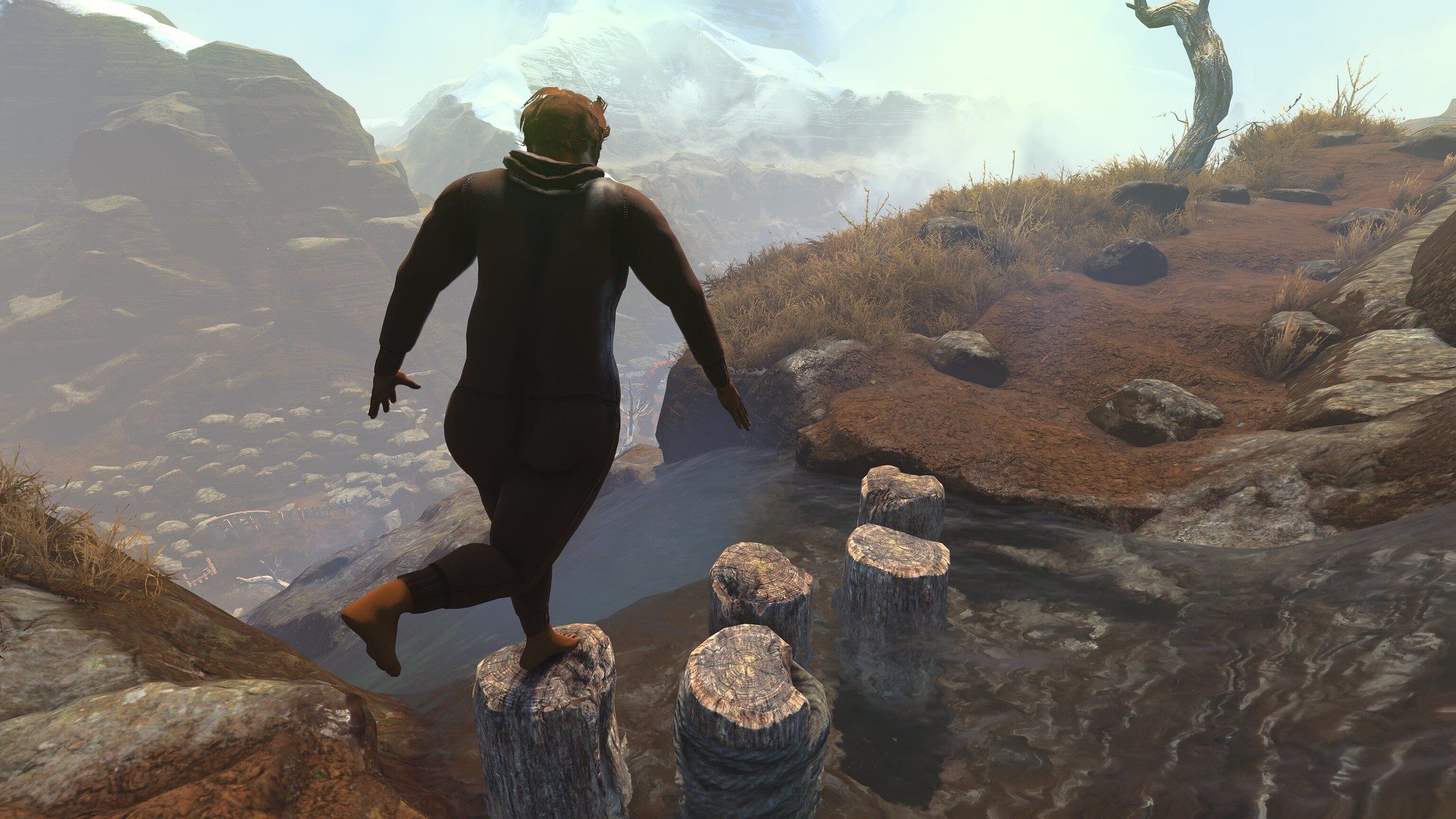
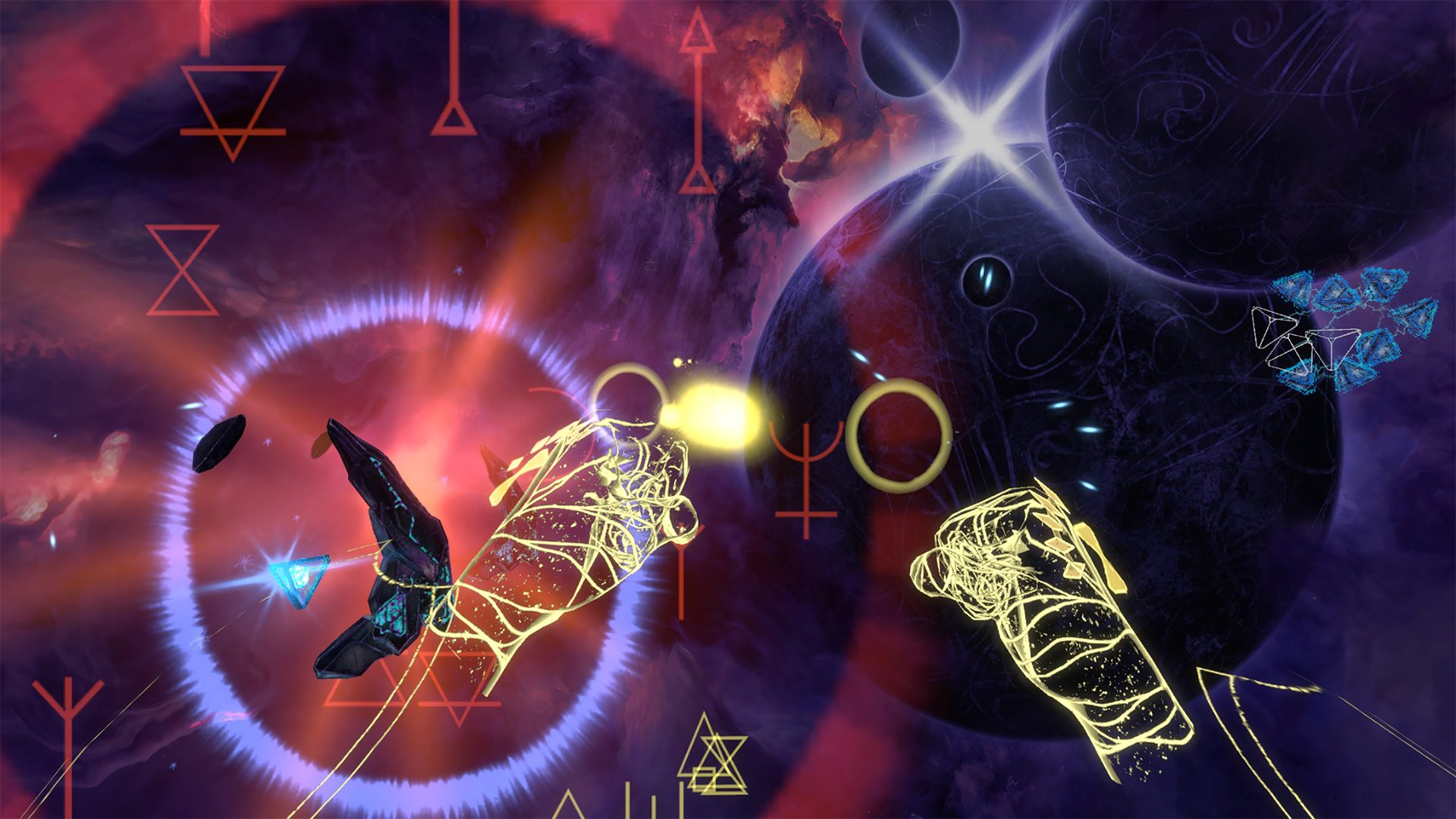
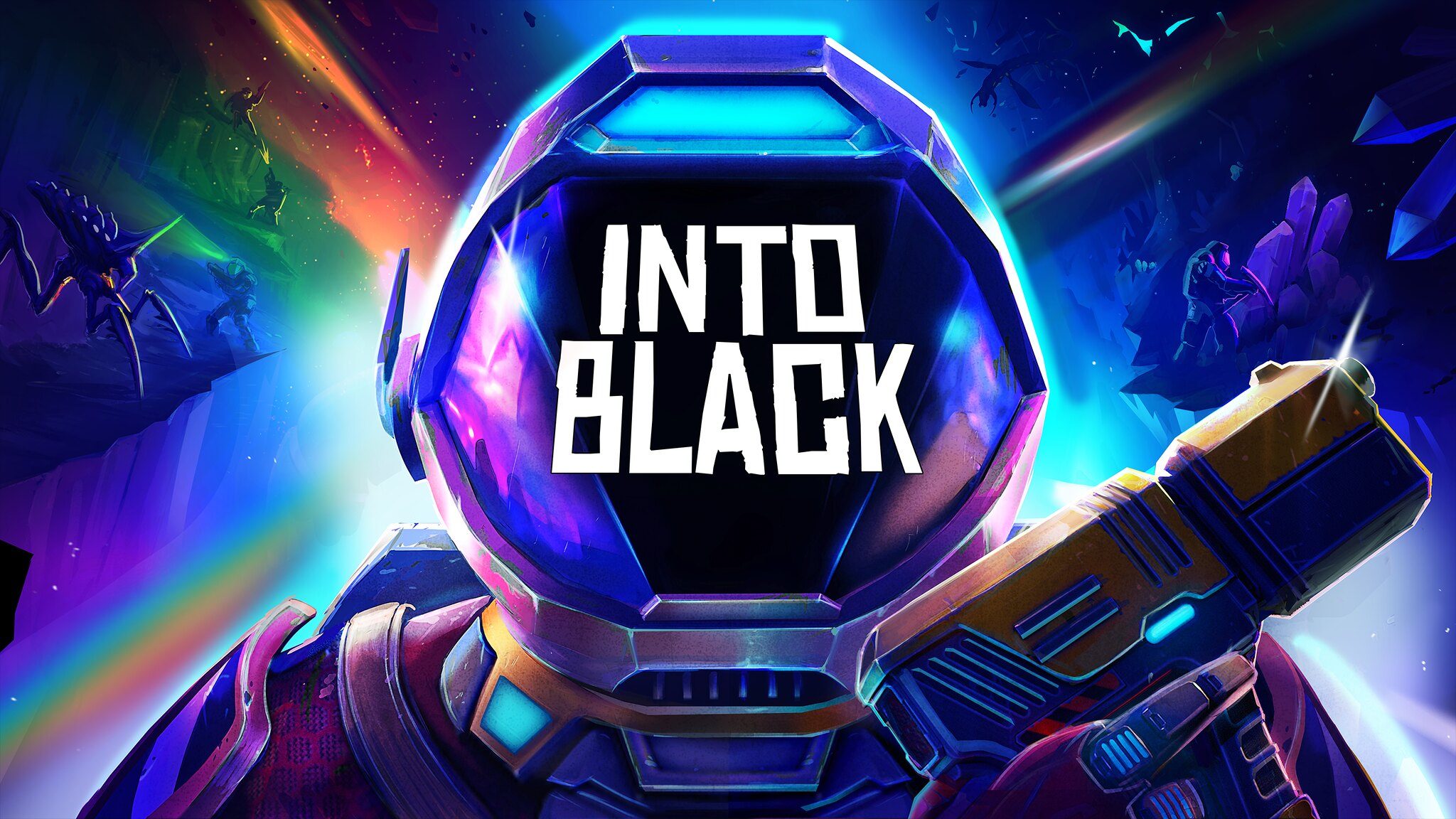

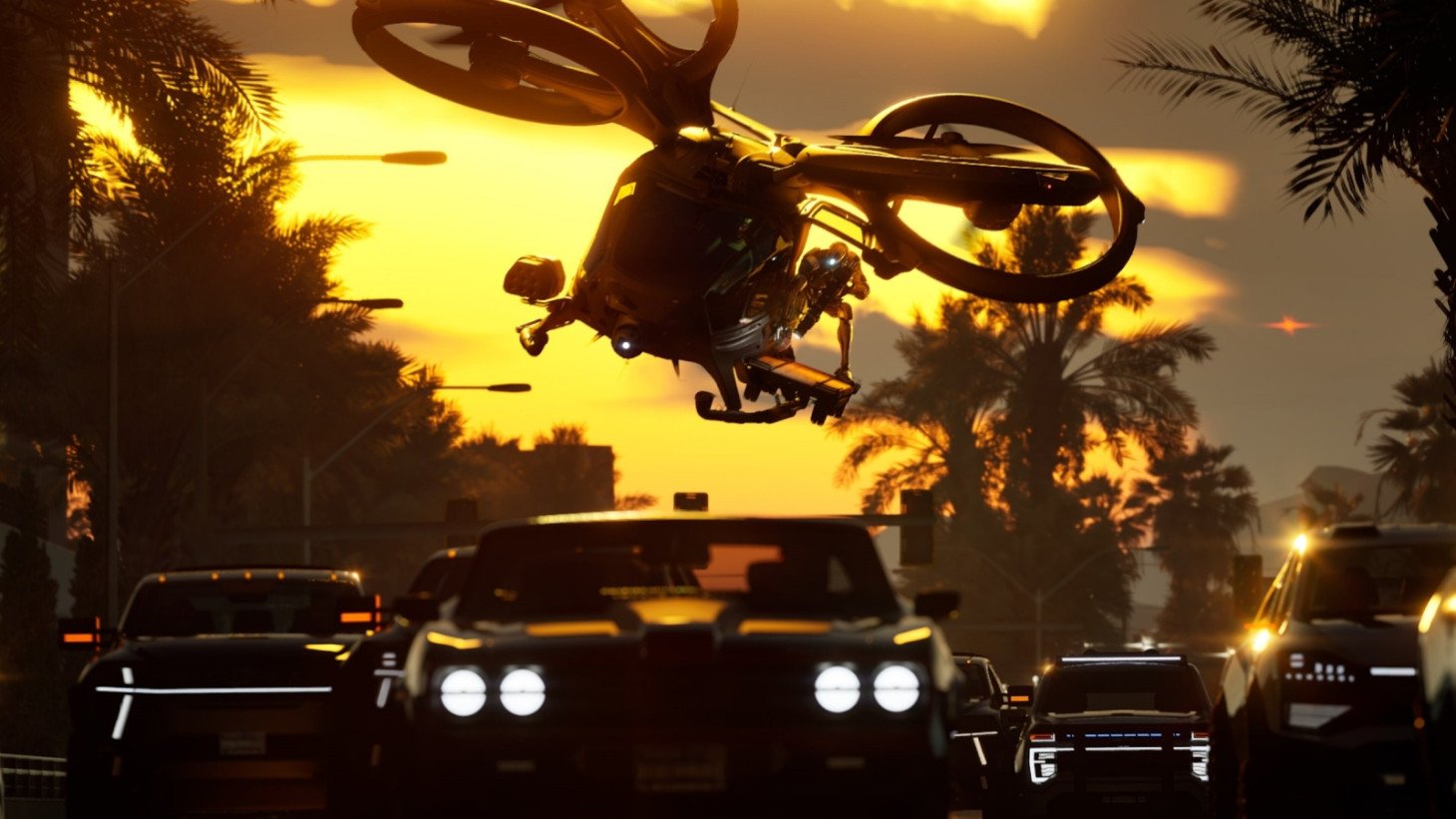
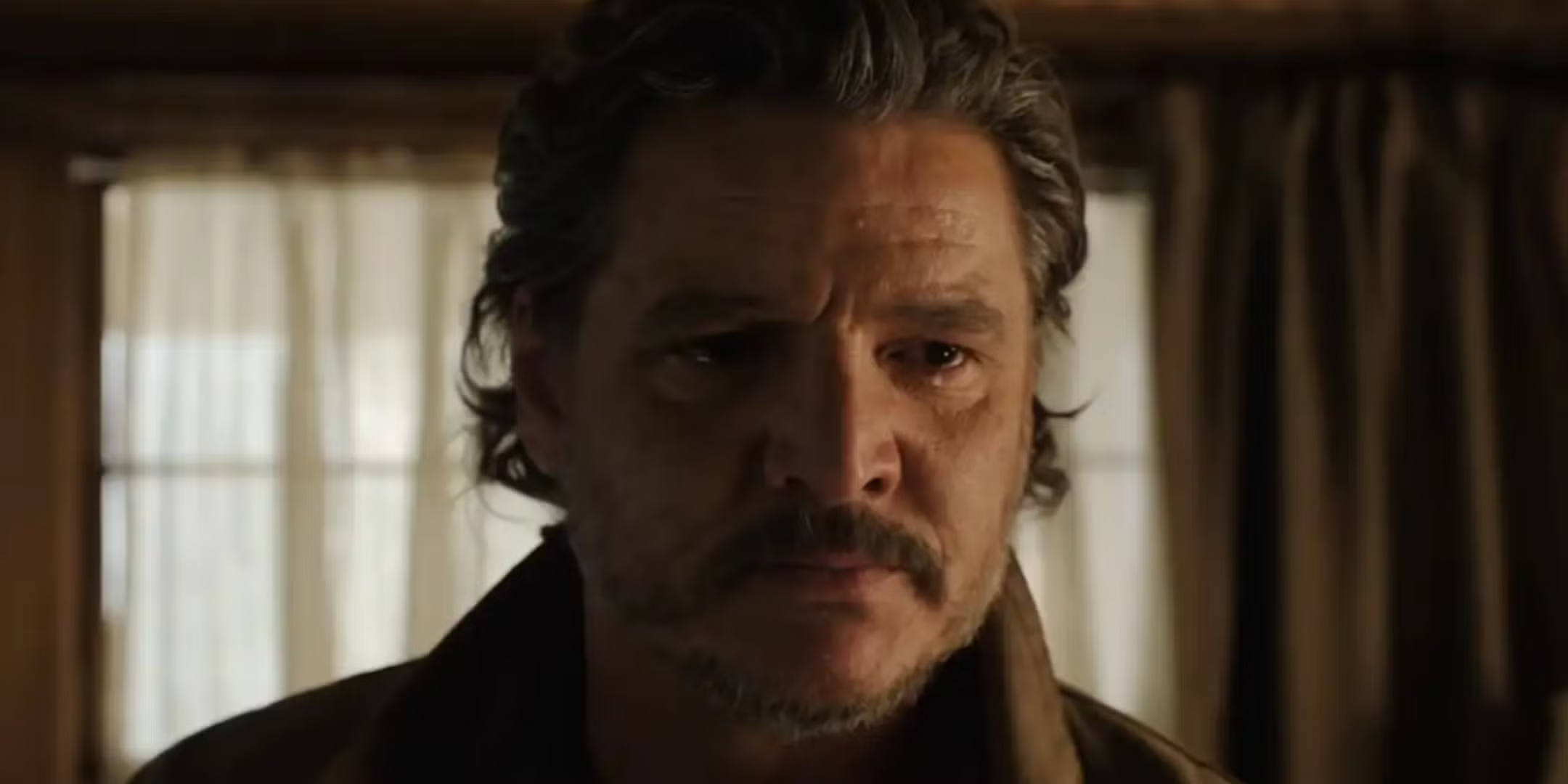
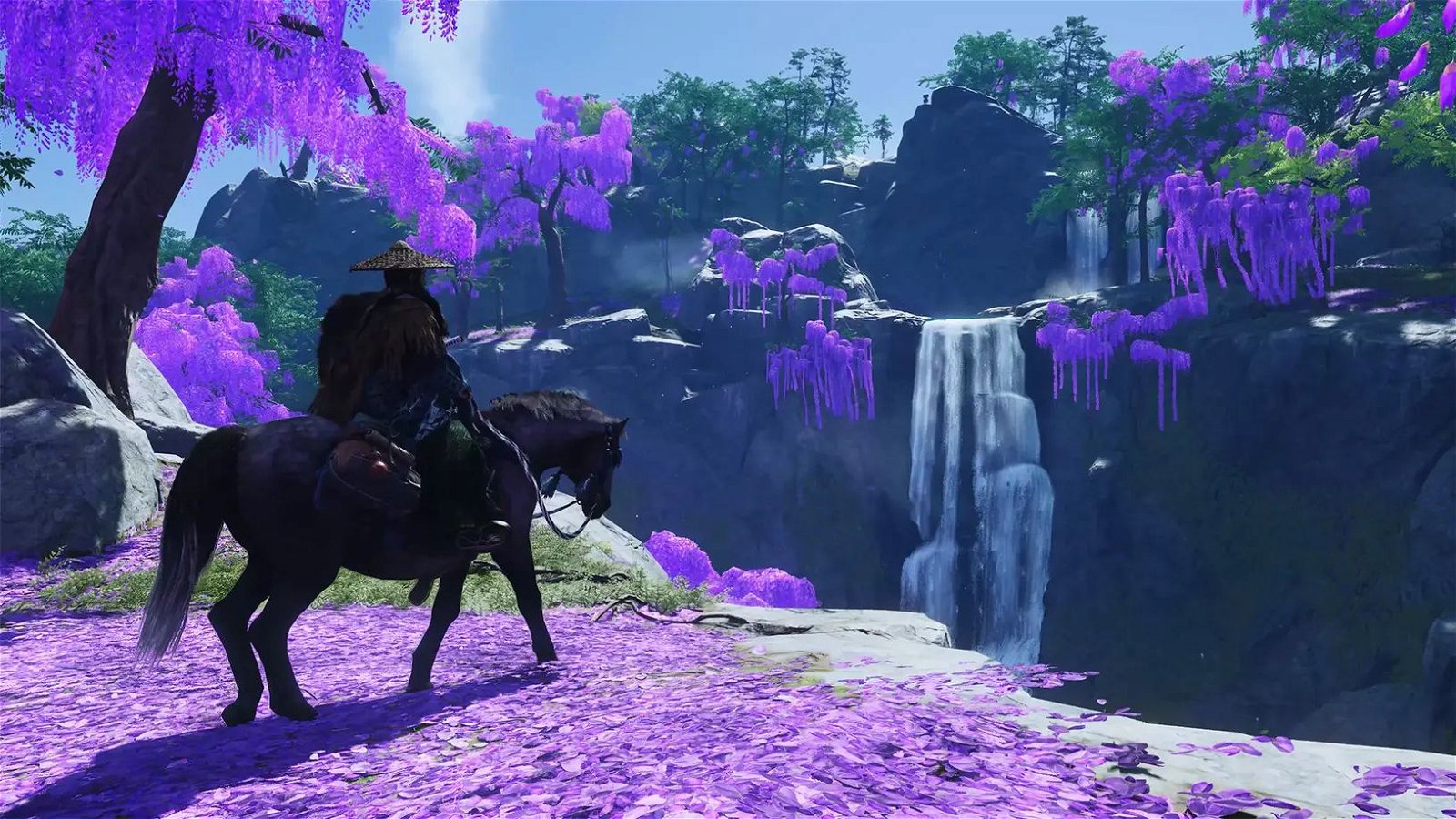
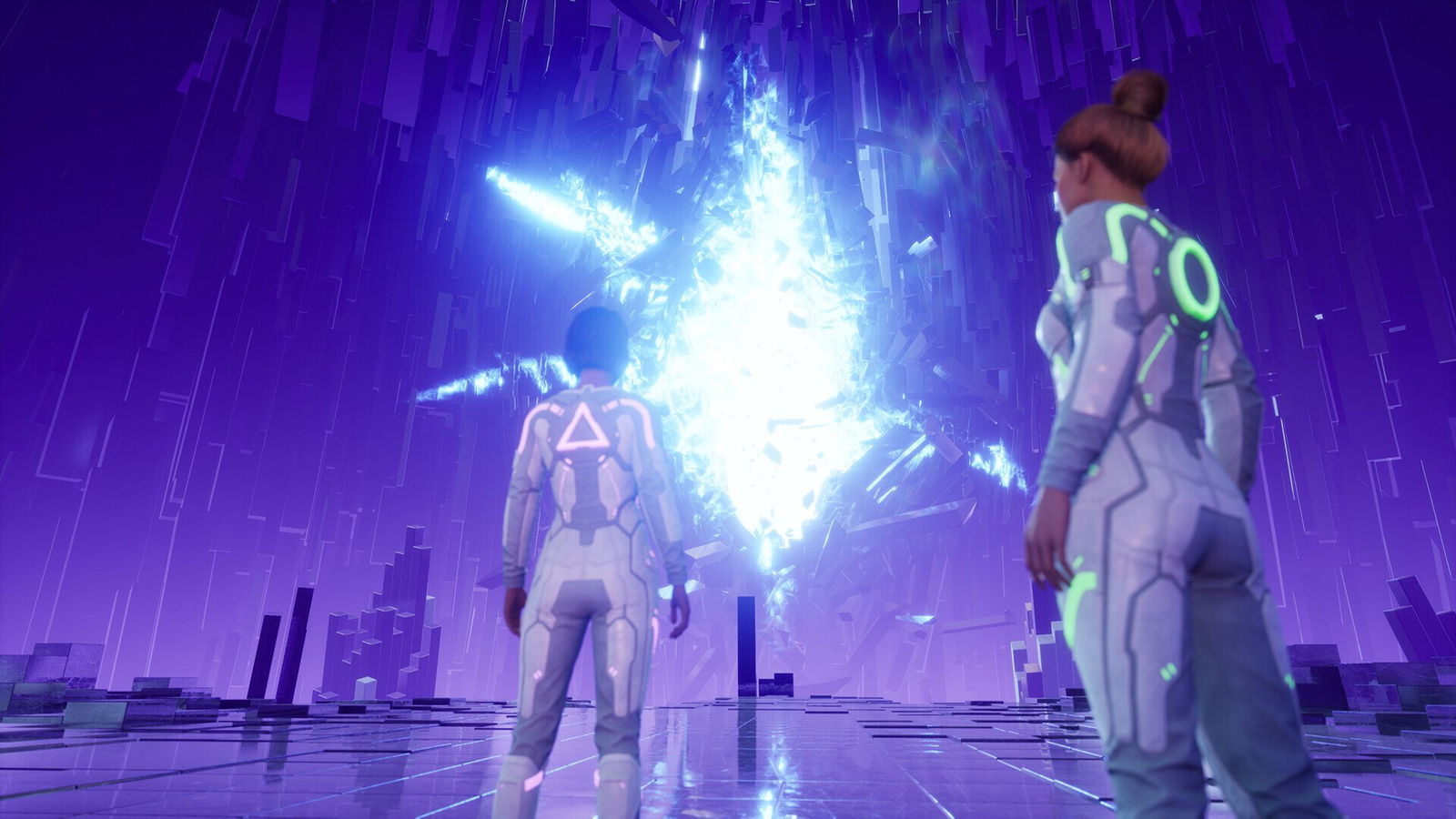






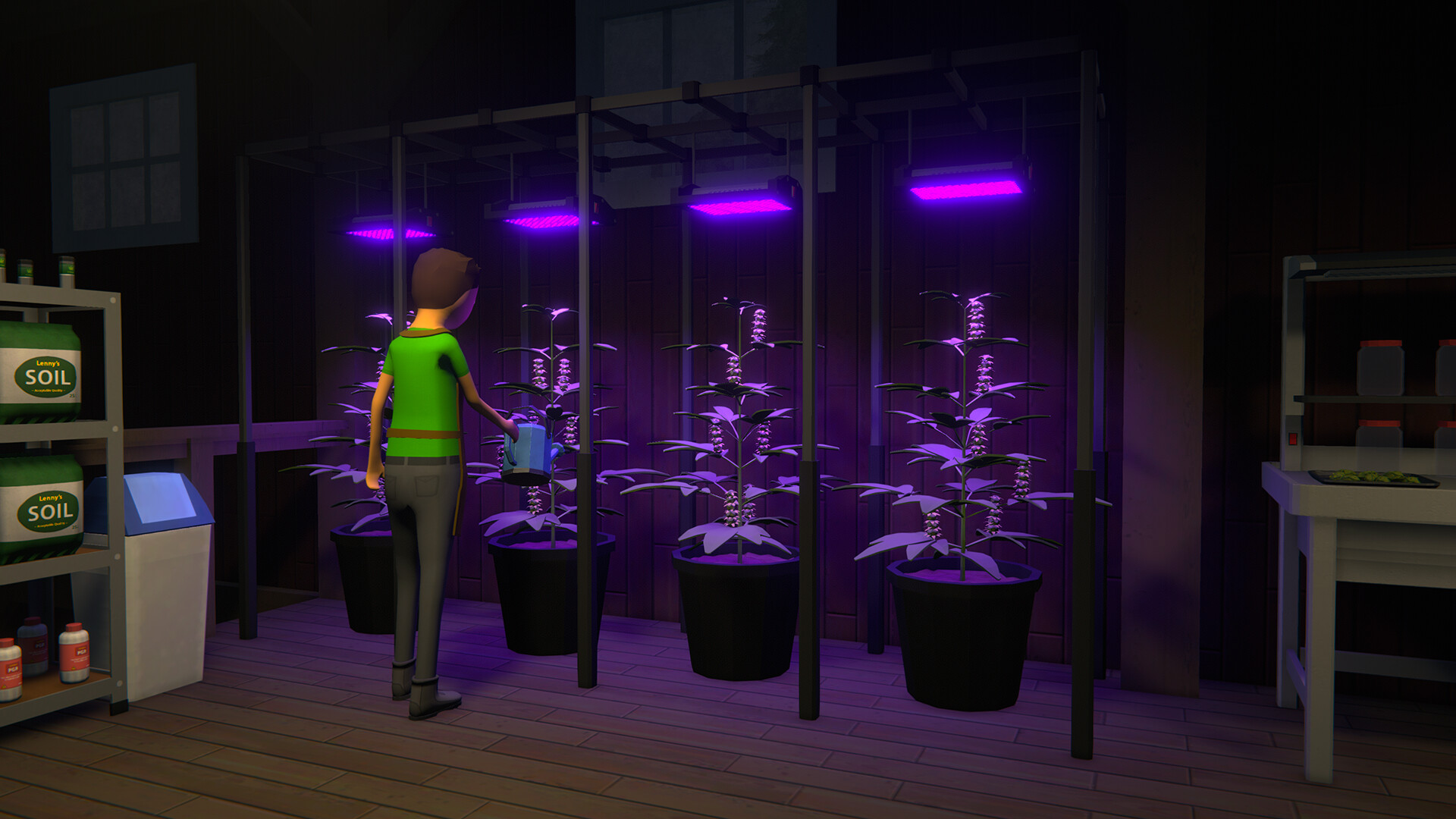
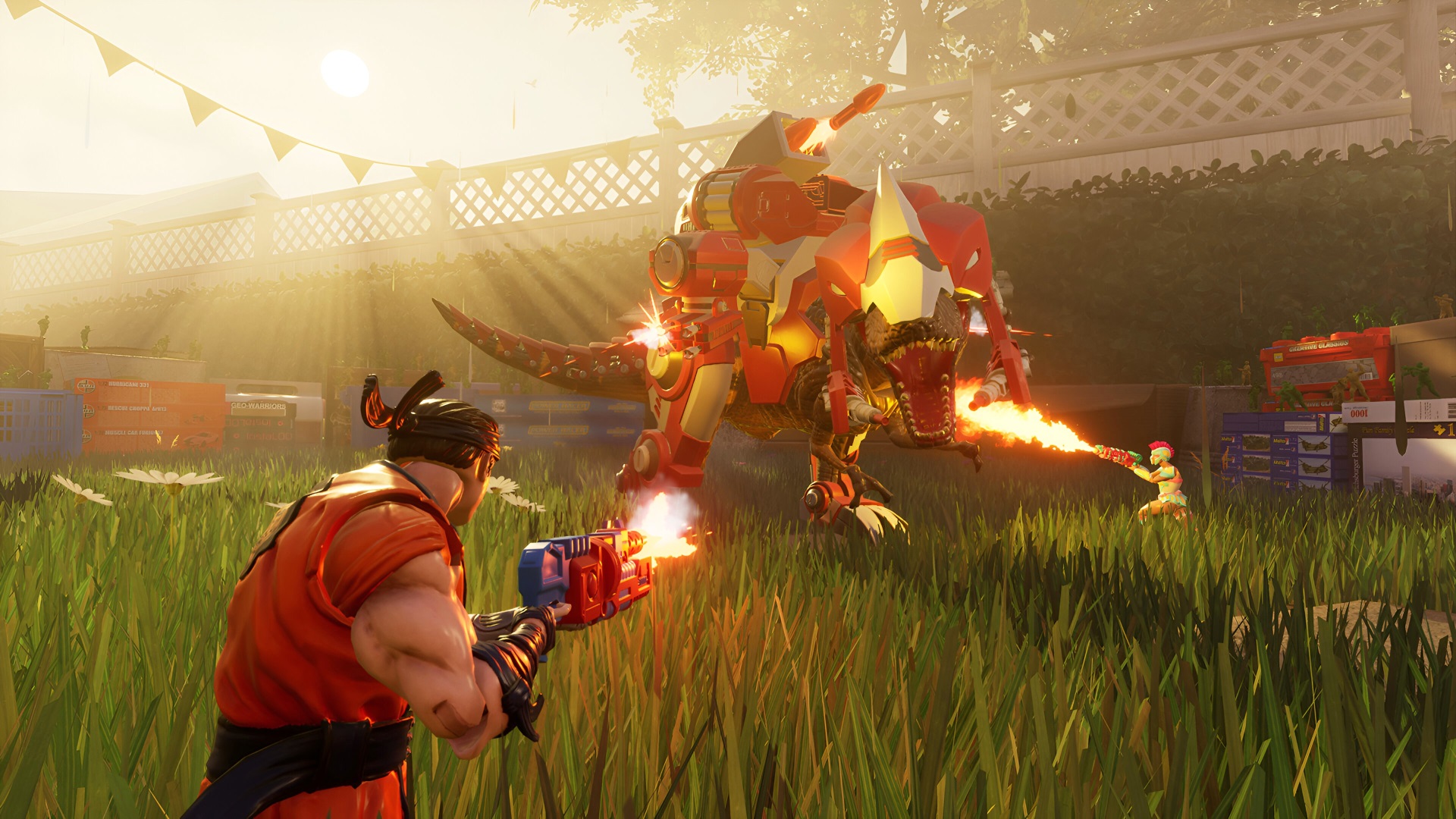
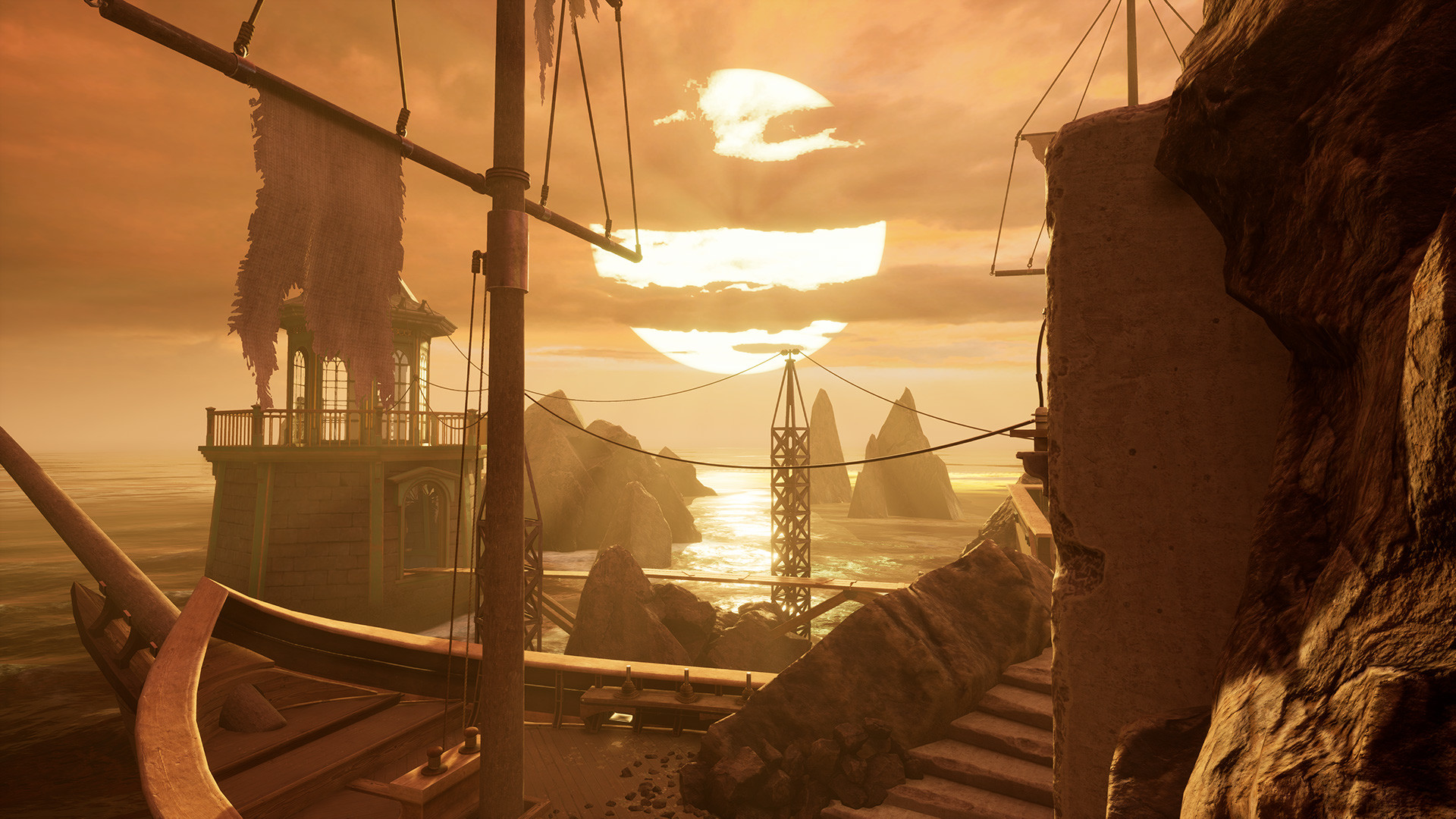
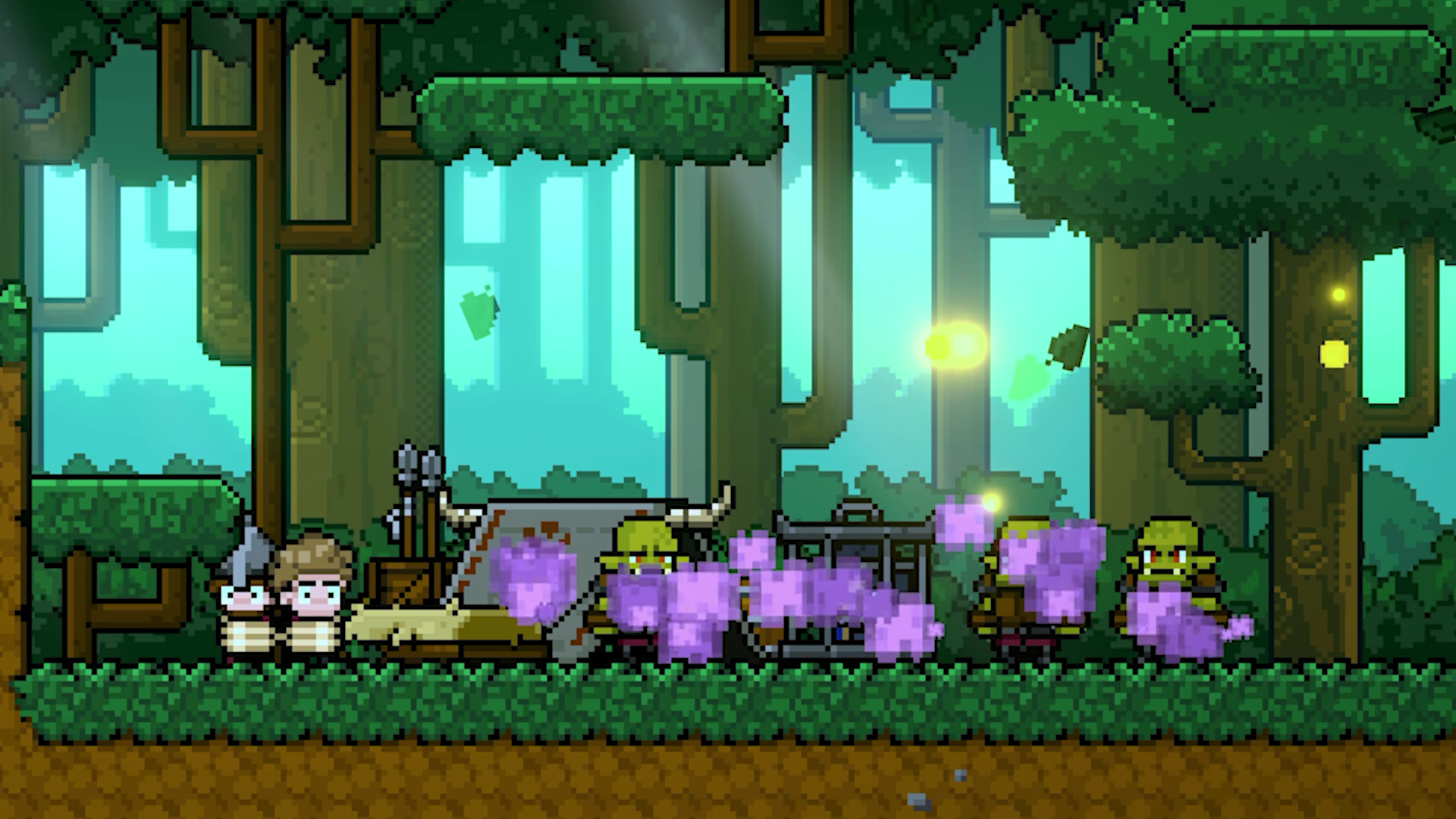



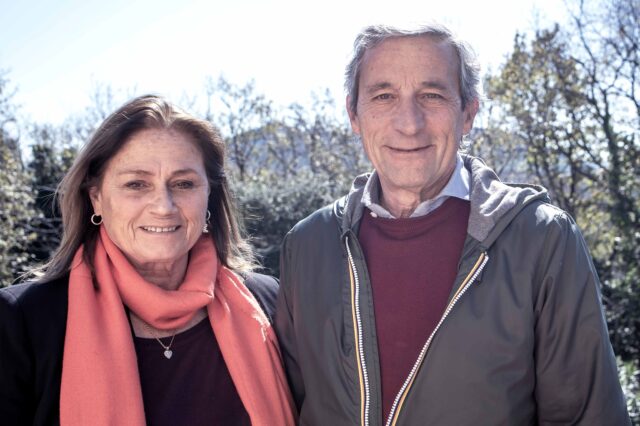




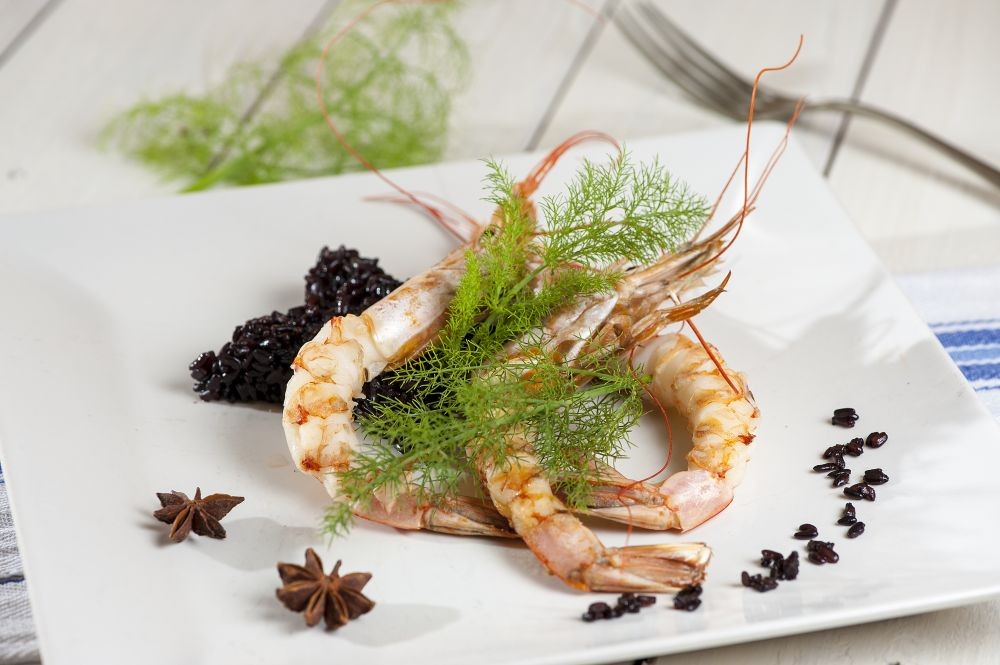

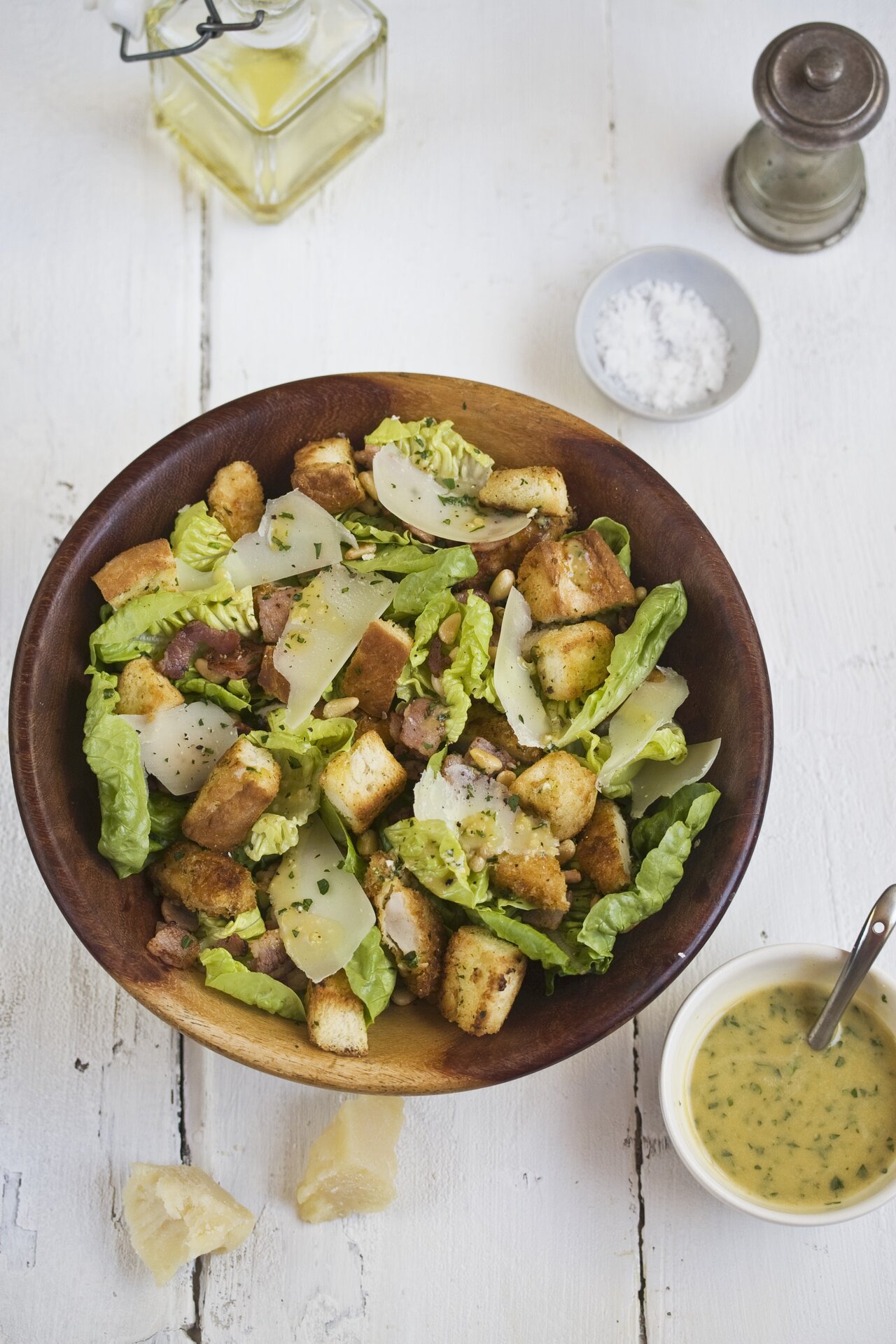
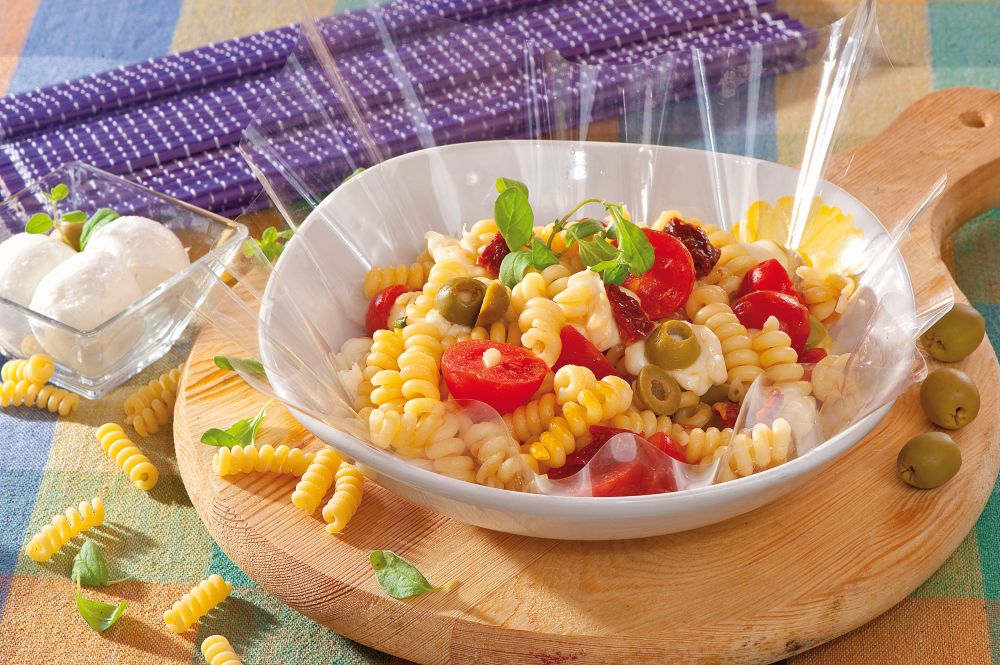












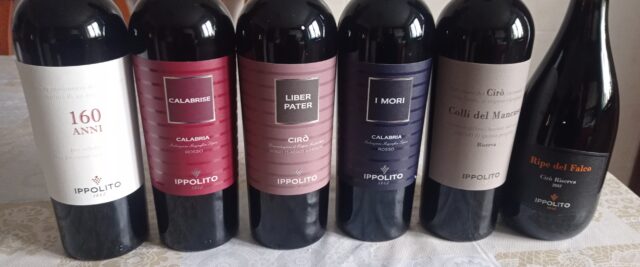
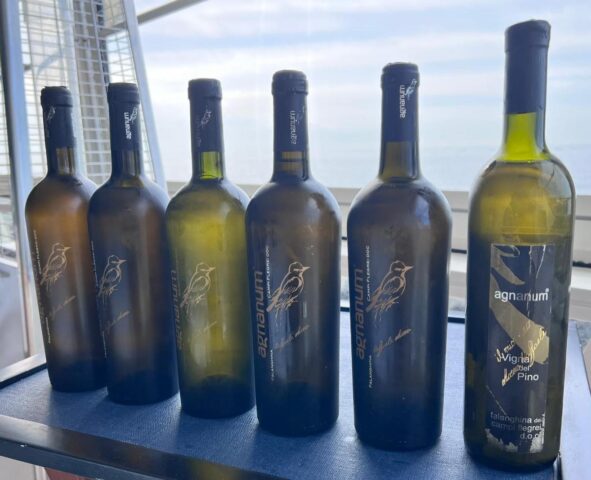

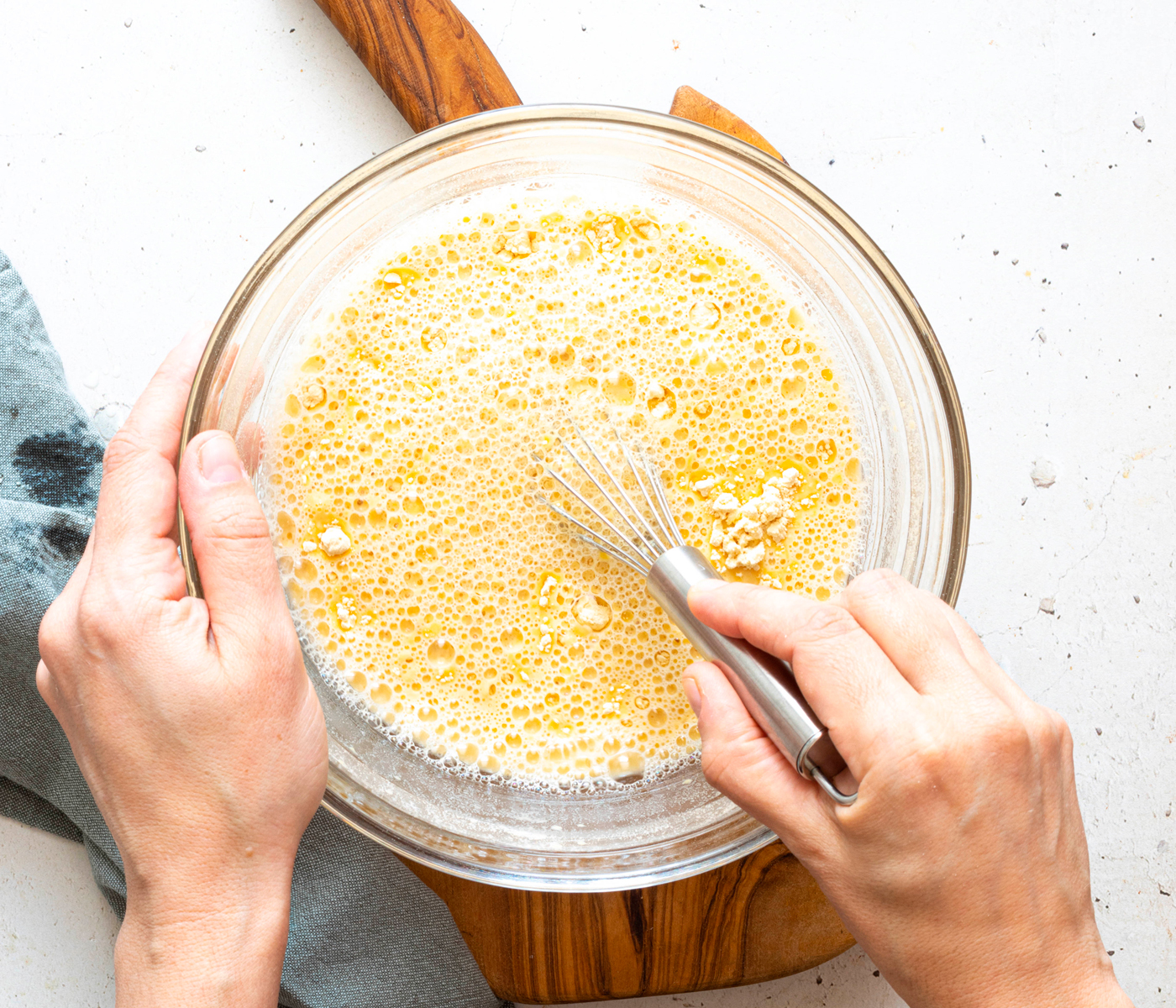




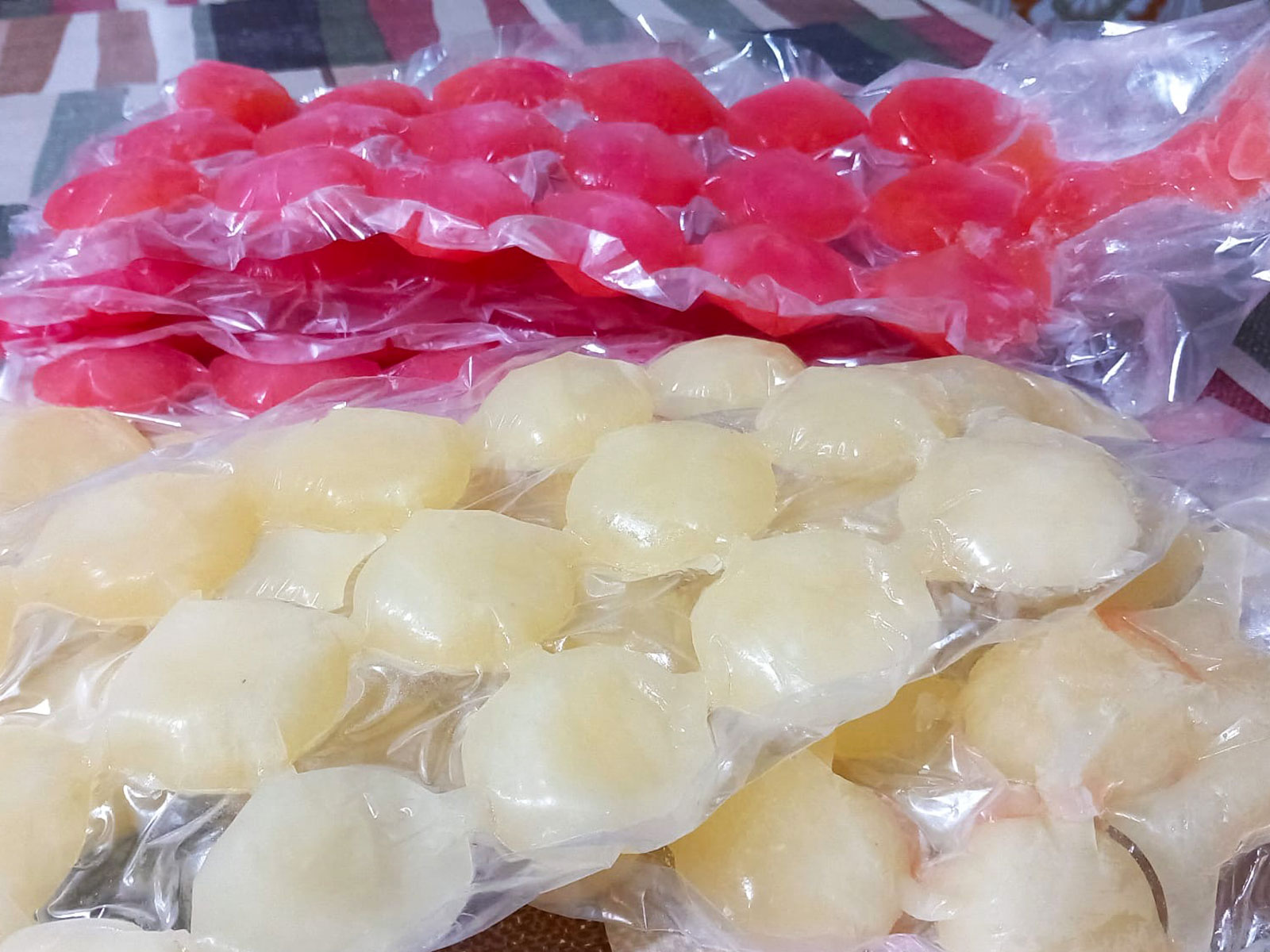













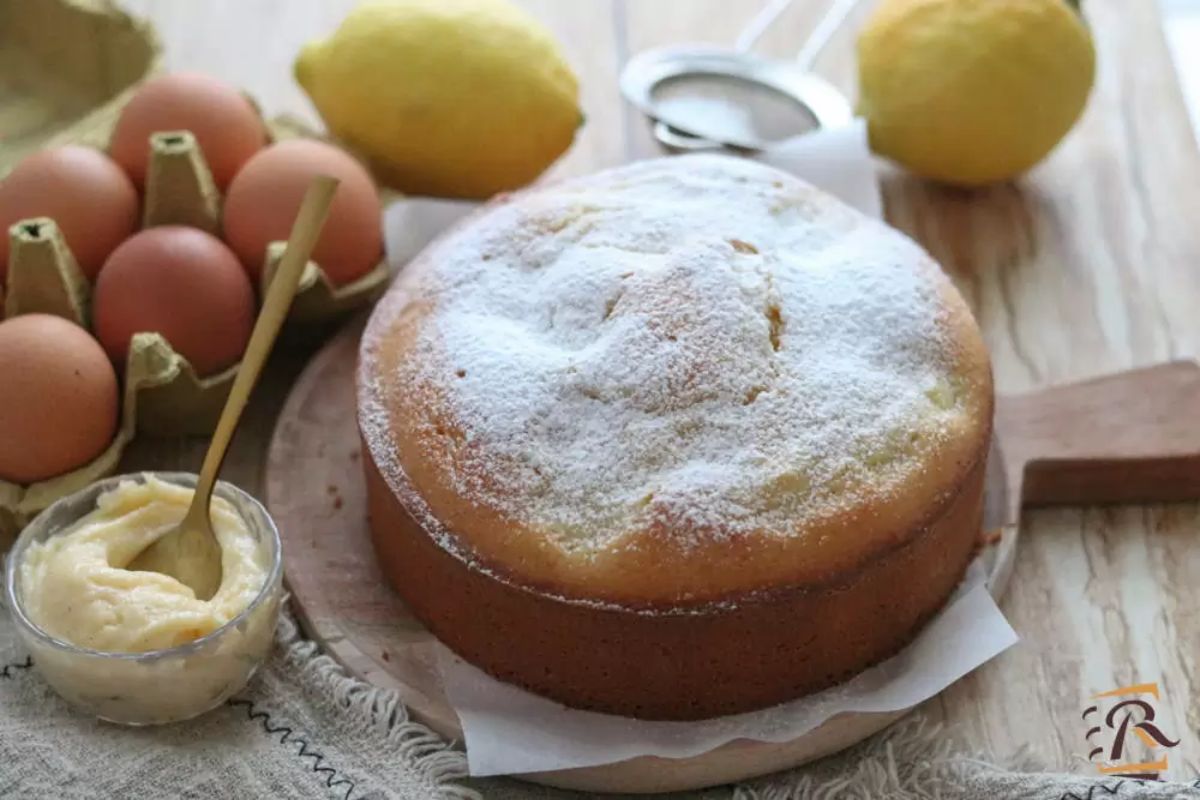


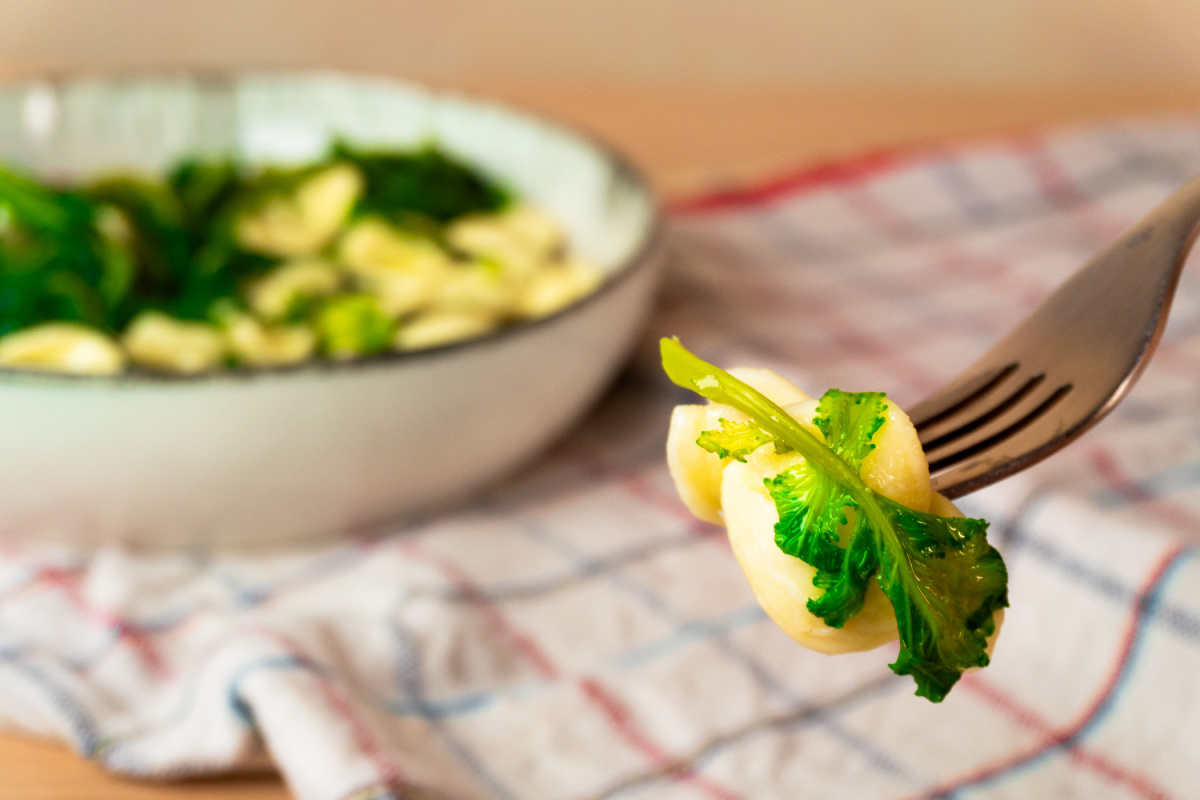



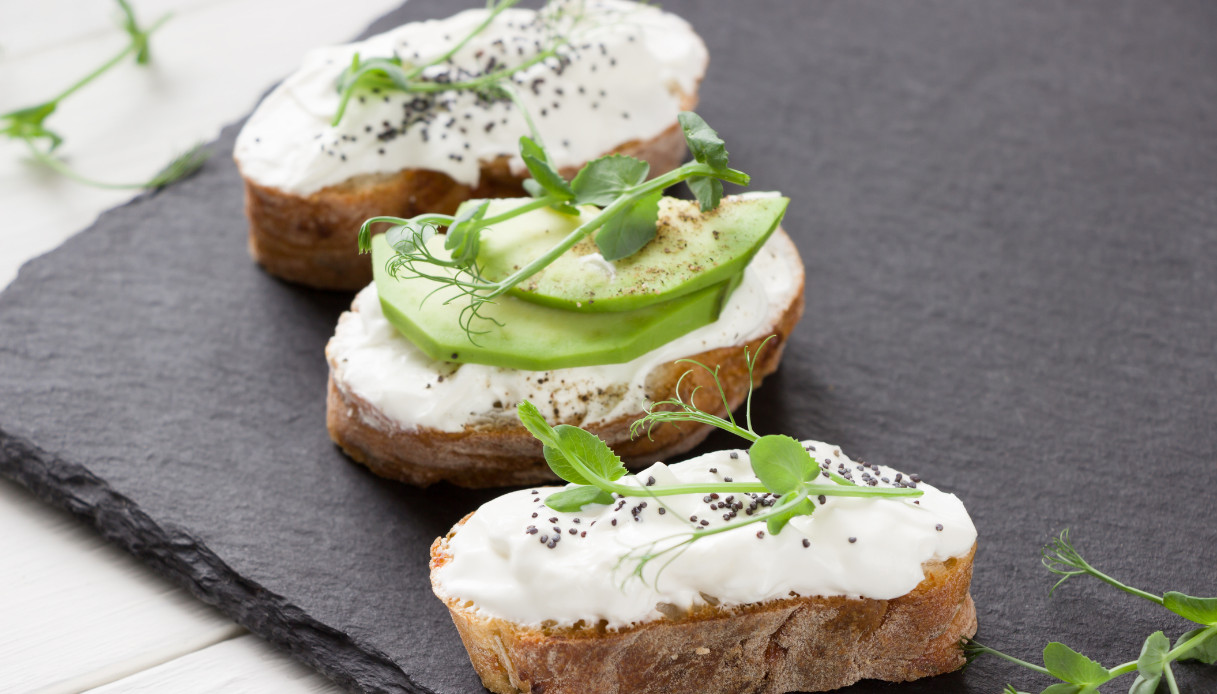























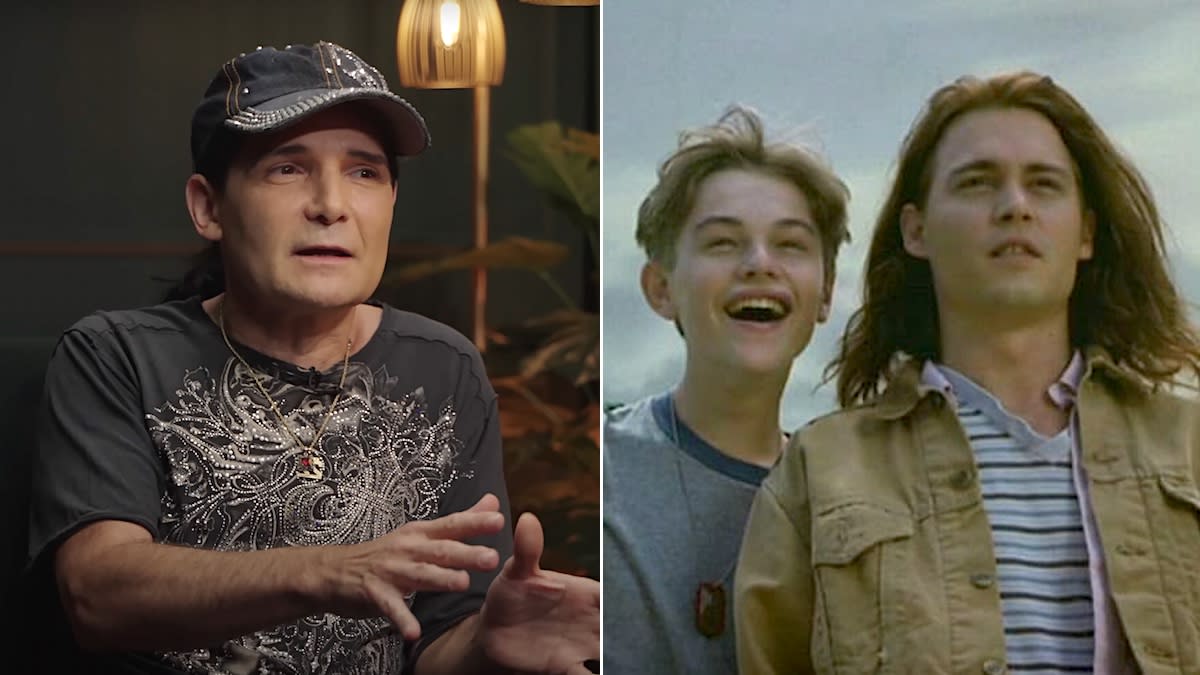






![You 5: Joe Goldberg ripercorre il suo passato nel NUOVO TRAILER [VIDEO]](https://www.hallofseries.com/wp-content/uploads/2025/03/You-5-1024x576.webp?#)
